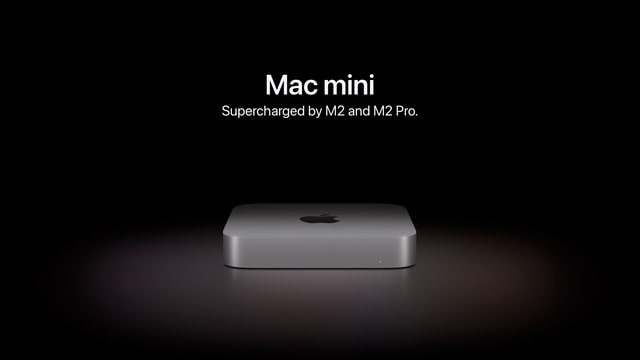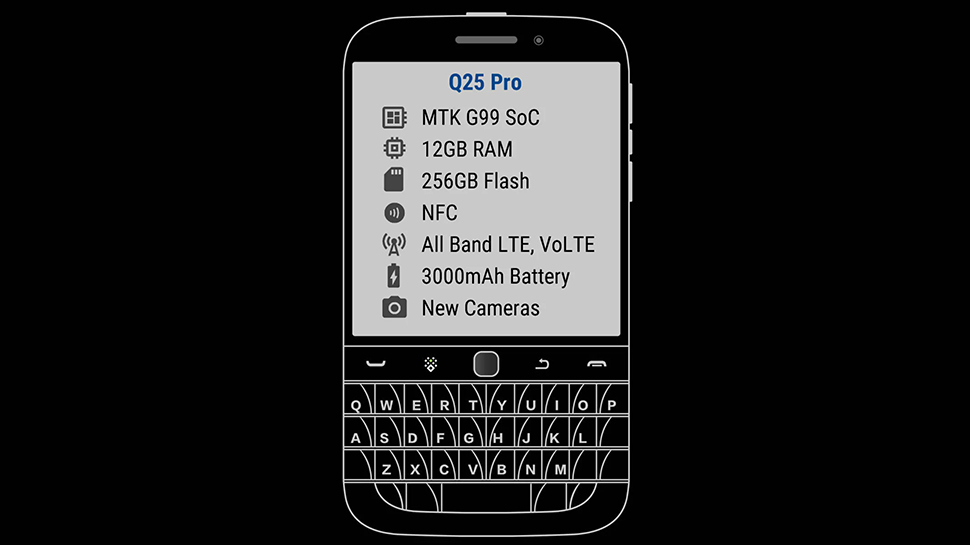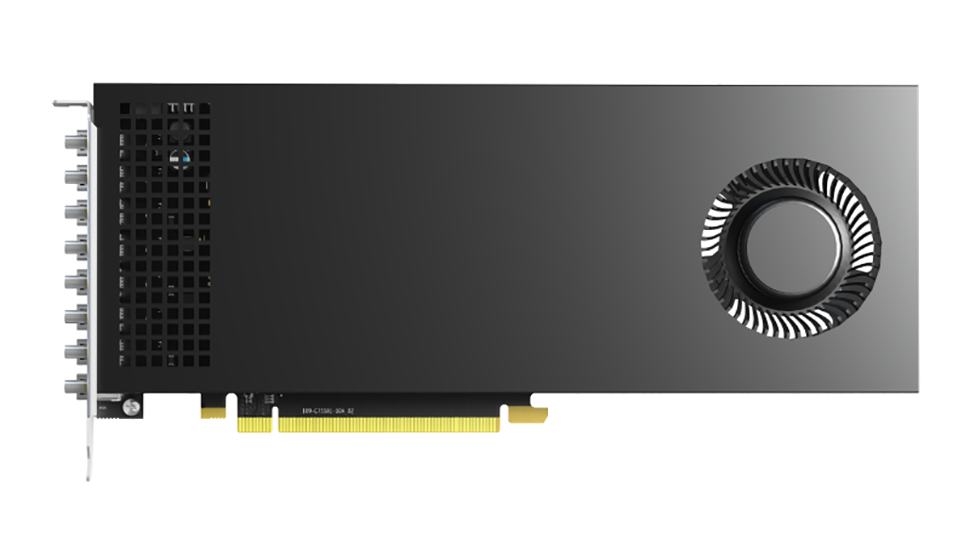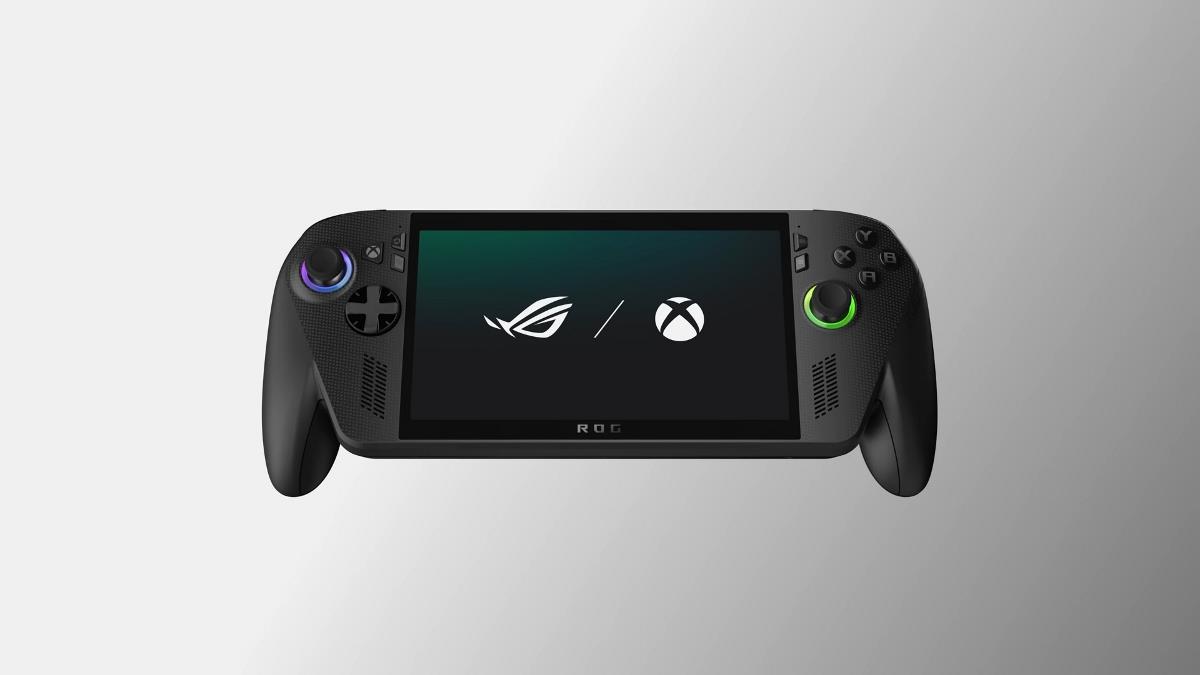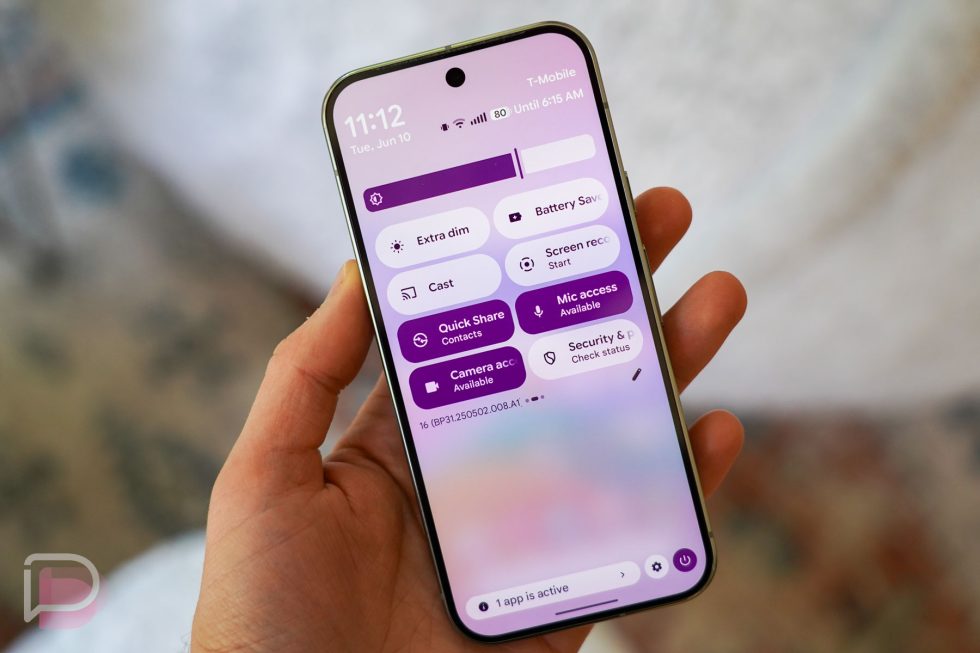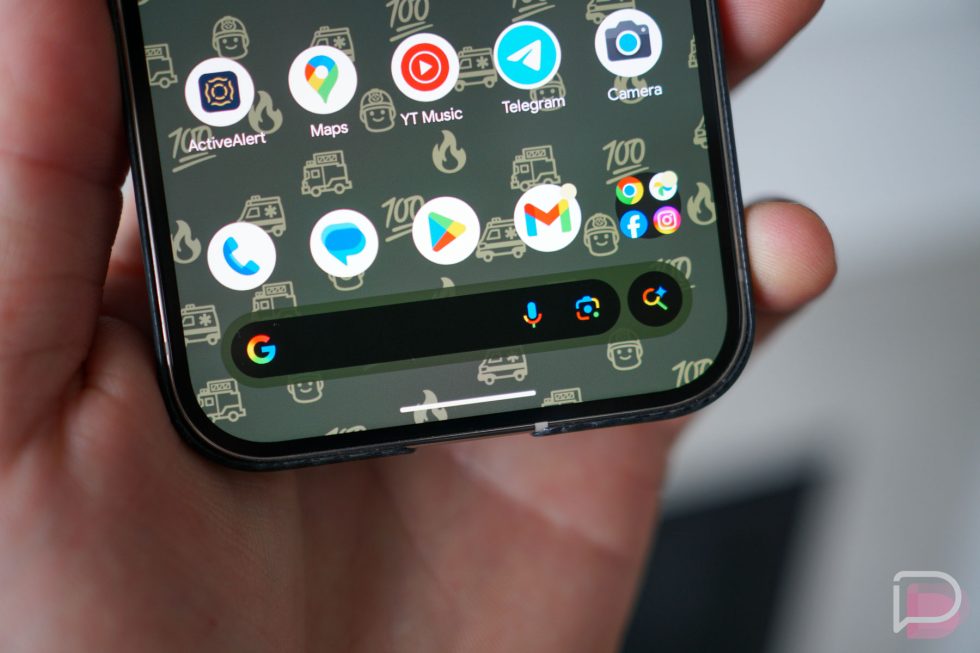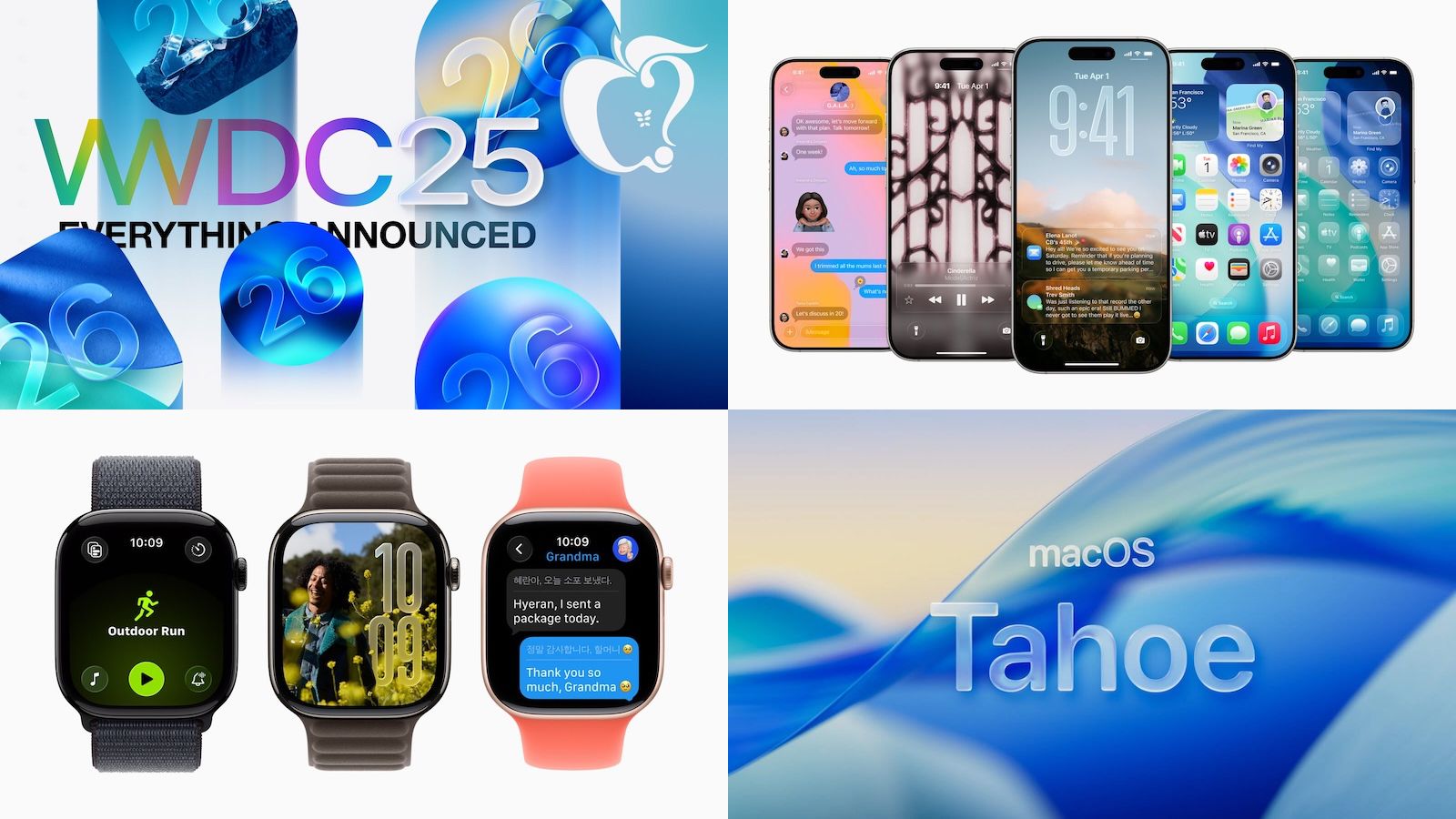Best VPN services: 8 top picks for every VPN need
A virtual private network, aka VPN, is one of the best tools you can use to boost your online privacy and security. But in the vast ocean of available services, it can be incredibly difficult for most people to find the best VPN for their needs. Thankfully, we at PCWorld are VPN experts and we’re here to help. When looking for the best VPN, you’ll want to consider a few things: First and foremost, does it have a good privacy record; how are its average connection speeds; is it able to effectively and consistently unblock streaming services; and finally, does it have a large enough server network for your location needs? All of my curated picks below deliver these essentials and more. NordVPN – Best VPN overall Pros Loaded with tons of VPN configuration options Outstanding speeds Multiple independent no-logs audits Included antivirus and password manager Cons Expensive Price When Reviewed: Dès 3,49 €/mois Who should use NordVPN? It’s difficult to select the best overall VPN. For many years we chose the best VPN based purely on privacy, but VPNs have evolved to be more than just tools to browse online anonymously. Privacy is still important, to be sure, but so are speeds, extra features, server network size, and ease of use. NordVPN has it all, and that’s why it’s my top choice for VPNs and a truly solid option for everyone. Nord is the most full-featured service on the market with tools that will appeal to power users as well as an easy-to-use app that is intuitive and straightforward even for beginners. The service also carries out regular independent audits and uses RAM-only diskless servers for increased security, so the privacy-conscious user can rest assured their data will remain anonymous. For those who deem speed a priority, NordVPN will impress as well. Speeds in my testing averaged 72 percent of the base internet speed across all servers — making it the fastest VPN I’ve ever tested. NordVPN: Further considerations NordVPN’s desktop app is very easy to use and offers a ton of different features including access to the TOR network over VPN, multi-hop connections, Meshnet file sharing network, a security suite complete with ad- and malware-blocking, and Nord’s latest password manager and link-checker safety tool. Also, there will be no problems accessing any streaming service while using NordVPN and it has an extensive server network to connect to all over the world. The only real downside is that NordVPN’s pricing can be more expensive than many other VPN services. Even with the discounts offered by long-term plans, it can still seem pricey. Still, you get what you pay for and in this case, it’s more than worth it. Read our full NordVPN pour Mac review ExpressVPN – Best VPN runner-up Pros Excellent speeds Easy-to-use interface Unblocks all streaming services Great security and privacy practices Cons More expensive than many competitors Light on some features for a top VPN Price When Reviewed: Dès 7,94 €/mois Who should use ExpressVPN? Just like my other top pick, I think ExpressVPN is a great option for everyone. VPN novices will find that they can easily download the software, choose their server location, and connect — it’s as simple as that. But more advanced users will be able to choose from features such as split-tunneling, protocol optimization, kill switch, and more. Plus, ExpressVPN has one of the most expansive device support networks I’ve ever seen. So the VPN can be used across practically any and all platforms no matter wha

A virtual private network, aka VPN, is one of the best tools you can use to boost your online privacy and security. But in the vast ocean of available services, it can be incredibly difficult for most people to find the best VPN for their needs. Thankfully, we at PCWorld are VPN experts and we’re here to help.
When looking for the best VPN, you’ll want to consider a few things: First and foremost, does it have a good privacy record; how are its average connection speeds; is it able to effectively and consistently unblock streaming services; and finally, does it have a large enough server network for your location needs? All of my curated picks below deliver these essentials and more.
NordVPN – Best VPN overall
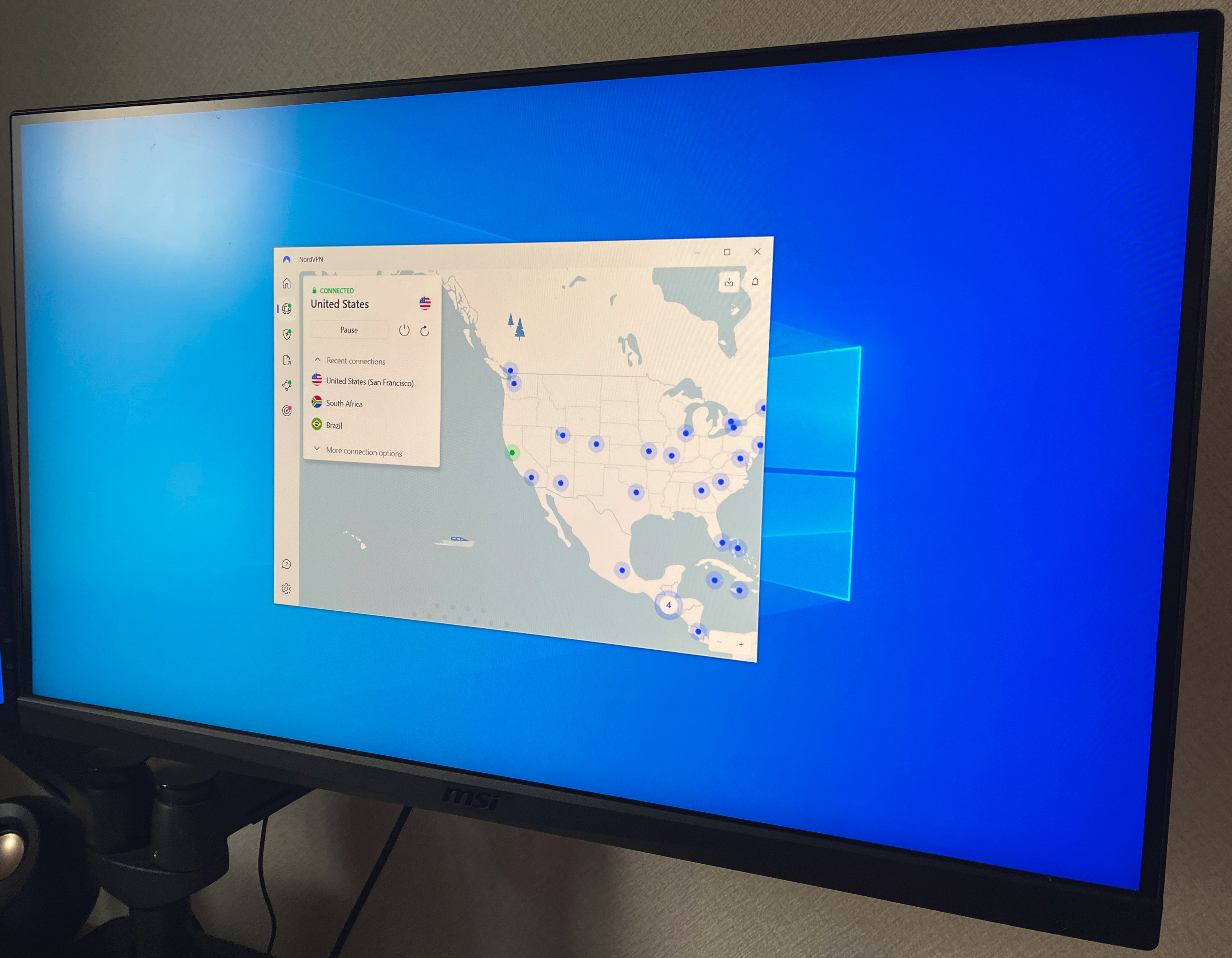
Pros
- Loaded with tons of VPN configuration options
- Outstanding speeds
- Multiple independent no-logs audits
- Included antivirus and password manager
Cons
- Expensive
Who should use NordVPN?
It’s difficult to select the best overall VPN. For many years we chose the best VPN based purely on privacy, but VPNs have evolved to be more than just tools to browse online anonymously. Privacy is still important, to be sure, but so are speeds, extra features, server network size, and ease of use. NordVPN has it all, and that’s why it’s my top choice for VPNs and a truly solid option for everyone.
Nord is the most full-featured service on the market with tools that will appeal to power users as well as an easy-to-use app that is intuitive and straightforward even for beginners. The service also carries out regular independent audits and uses RAM-only diskless servers for increased security, so the privacy-conscious user can rest assured their data will remain anonymous.
For those who deem speed a priority, NordVPN will impress as well. Speeds in my testing averaged 72 percent of the base internet speed across all servers — making it the fastest VPN I’ve ever tested.
NordVPN: Further considerations
NordVPN’s desktop app is very easy to use and offers a ton of different features including access to the TOR network over VPN, multi-hop connections, Meshnet file sharing network, a security suite complete with ad- and malware-blocking, and Nord’s latest password manager and link-checker safety tool. Also, there will be no problems accessing any streaming service while using NordVPN and it has an extensive server network to connect to all over the world.
The only real downside is that NordVPN’s pricing can be more expensive than many other VPN services. Even with the discounts offered by long-term plans, it can still seem pricey. Still, you get what you pay for and in this case, it’s more than worth it.
ExpressVPN – Best VPN runner-up
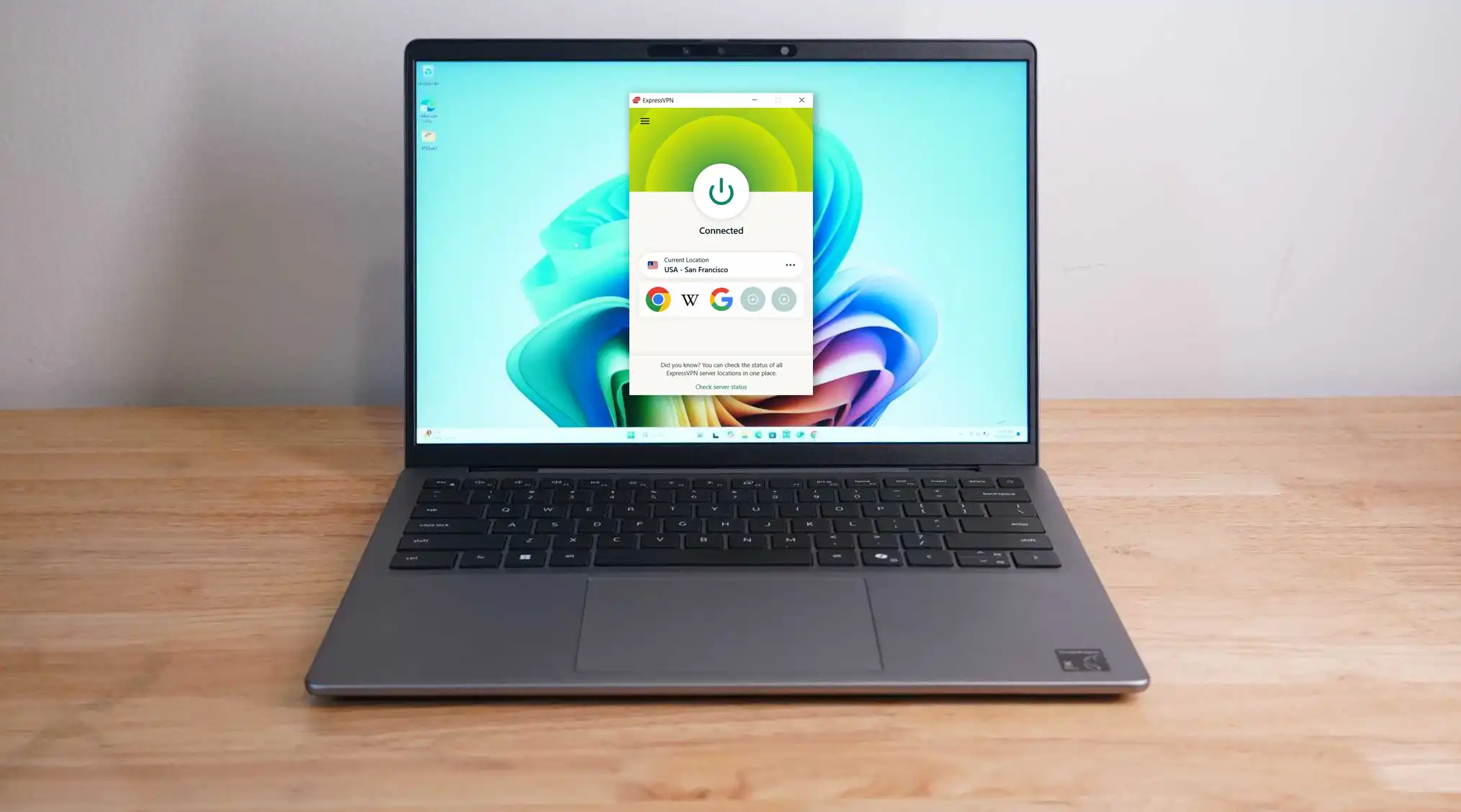
Pros
- Excellent speeds
- Easy-to-use interface
- Unblocks all streaming services
- Great security and privacy practices
Cons
- More expensive than many competitors
- Light on some features for a top VPN
Who should use ExpressVPN?
Just like my other top pick, I think ExpressVPN is a great option for everyone. VPN novices will find that they can easily download the software, choose their server location, and connect — it’s as simple as that. But more advanced users will be able to choose from features such as split-tunneling, protocol optimization, kill switch, and more.
Plus, ExpressVPN has one of the most expansive device support networks I’ve ever seen. So the VPN can be used across practically any and all platforms no matter what device you’re trying to protect — with up to eight simultaneous device connections.
The only reason I placed it second is due to the slight edge NordVPN has in regards to features and speed. Still, you can’t go wrong if you decide to go with ExpressVPN as your VPN of choice.
ExpressVPN: Further considerations
ExpressVPN’s servers are all diskless, running everything in RAM so no data is ever stored long-term. The service also has wide device support, as well as a smart DNS feature for set-top boxes, consoles, and more. It’s even begun branching out to take a more holistic approach to security for users, adding ad- and tracker-blocking and, most recently, a password manager to the service, as well.
It’s not the cheapest VPN out there, but you do get excellent value for your money, and the service is regularly bringing in third-party auditors to validate its privacy credentials.
Surfshark – Best cheap VPN
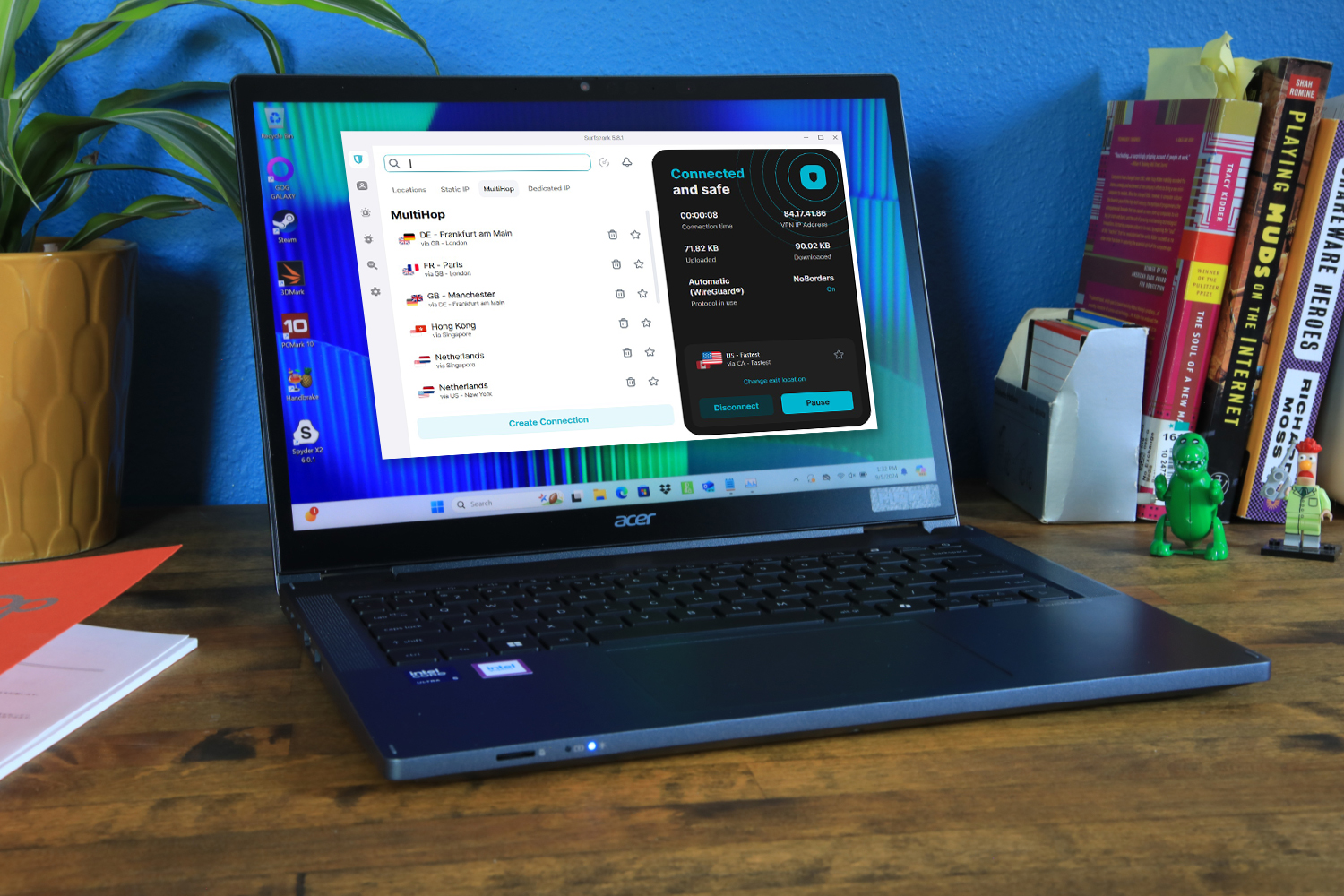
Pros
- Unlimited simultaneous device connections
- Works well with Netflix
- Built-in extras such as ad tracker and malware blocking
- Low price on long-term plans
Cons
- Indicators for ping or server load are not readily available
- Based in the Netherlands and subject to government data sharing requests
Who should use Surfshark?
Surfshark one of those VPNs that does everything well. It has blazing-fast speeds, a robust feature set second only to NordVPN, and excellent privacy credentials thanks to its no-log policy and multiple independent audits. A subscription comes with all of your standard VPN features, plus infinitely customizable dynamic multi-hop connections, identity protection alerts, and antivirus/malware protection.
But the best thing about Surfshark is the price. Taking advantage of its 2-year plan offer will net you comprehensive protection for just over $2 per month. That’s basically unheard of for a premium VPN service. Surfshark is a great all-around VPN option for most people. That being said, those who don’t want to pay an arm and a leg for their VPN will find that Surfshark easily meets their needs without breaking the bank. If you want to save some money and get one of the best VPNs on the market, look no further.
Surfshark: Further considerations
While the price for a monthly subscription to Surfshark might be exorbitant, the long-term plans are much more affordable. I typically advise against long-term VPN plans as the market changes so frequently, but Surfshark is a rare exception. It’s an established company with a reliable track-record and consistently good service.
The only other thing that potential users should be aware of is that Surfshark is based out of the Netherlands. The country itself has strong personal privacy laws, but it’s a member nation of the 14 Eyes Data Sharing Alliance, meaning the government could require Surfshark to share user data if asked. It shouldn’t matter due to the company’s no-logs policy, but it’s still something privacy-conscious users should be aware of before committing.
Private Internet Access – Best cheap VPN runner-up
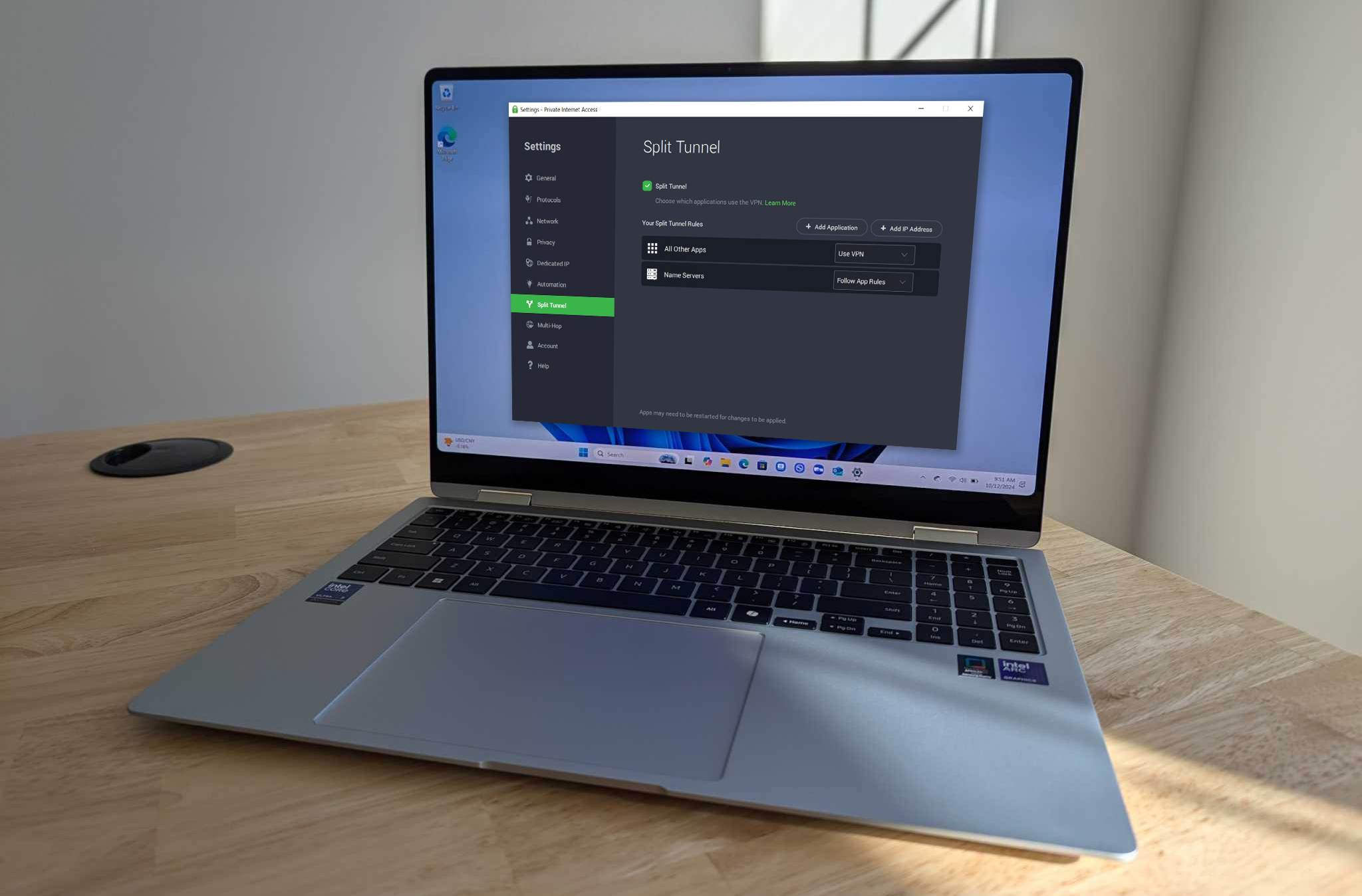
Pros
- Multiple independently verified no-log audits
- Unlimited simultaneous device connections
- Vast server network
- Great extra features such as multi-hop and split tunneling
Cons
- App is a little awkward to use
- Speeds are fairly pedestrian
Who should use Private Internet Access?
Private Internet Access (PIA) has been around for awhile and has demonstrated that it can continue to innovate and improve with each passing year. The latest version of PIA is no different. By putting itself through yet another independent audit of its no-logs policy it keeps proving that user privacy is its top priority.
I think it can be a great VPN for all users. However, where PIA really shines is in its price and extensive customizable feature set. It has one of the least expensive subscription plans of any top VPN, both monthly and long-term. Plus, power users and those who like their apps to be customized to their individual needs will especially love all of the tweaking that this app allows you to do.
Private Internet Access: Further considerations
PIA also provides generous unlimited device connections and an absolutely insane server network that claims to have over 35,000 available servers, but with fewer country locations than other top competitors on this list.
The service does have a rather outdated interface and I found a few awkward interface issues. It’s also not the fastest service I’ve ever tested, with speeds well below the fastest I’ve seen. But neither of these issues should take away too much from the great value PIA offers.
Proton VPN – Best free VPN
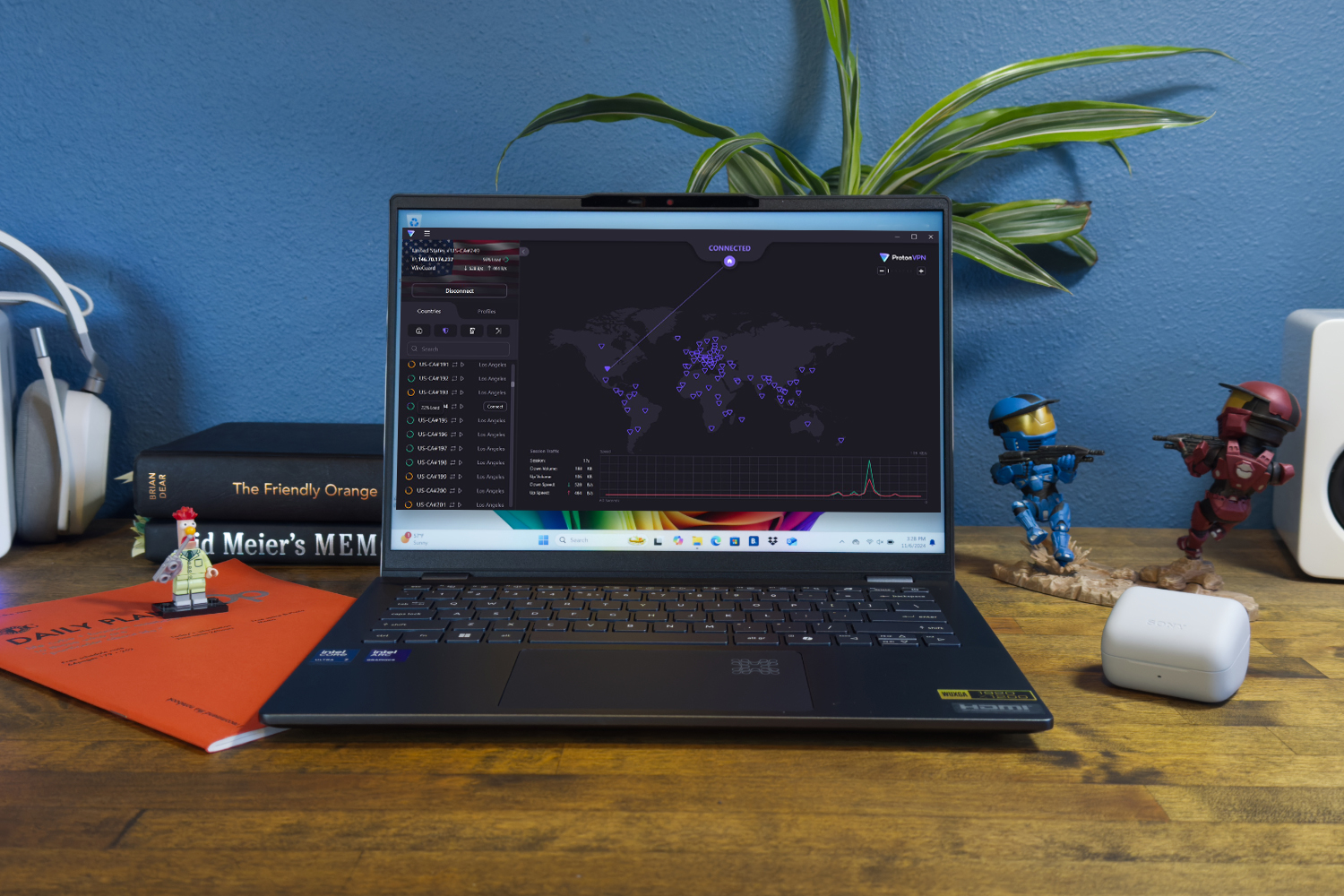
Pros
- Excellent free plan
- Great privacy tools
- Reliable and transparent no-logs policy
Cons
- Expensive
Who should use Proton VPN?
Whether you opt for the free or paid version, Proton VPN is a good option for anyone. The free version specifically will appeal to those on a tight budget, or those who just need a VPN to do the occasional online task safely and securely online.
Many free VPNs come with either ridiculous limitations or annoying ads. Mercifully, Proton VPN has no ads and the restrictions are fairly tame compared to other services. For the low, low cost of nothing, you’ll get a one-device connection limit and access to five servers located in Japan, the Netherlands, Poland, Romania, and the U.S. In my testing I also found that speeds were very good even with the free version, ranking in the top 10 of all VPNs, paid or free. And since there are no monthly data limits on Proton’s free VPN servers, it’s also an excellent option if you want to stream videos while using a VPN — just be aware, the free servers don’t promise to work with Netflix like some of Proton’s paid servers do.
Overall, you get a lot for paying nothing and this easily makes it our favorite free VPN.
Proton VPN: Further considerations
The VPN is from the same company behind Proton Mail, a privacy-focused email service, so it’s very easy to integrate the VPN into the whole Proton ecosystem if you so wish.
The company has undergone multiple independent audits confirming its no-logs policy — including the free VPN, as well. The monthly price for the premium version does come in at the expensive side though, so I would recommend trying out the free version first before you upgrade.
Mullvad – Best VPN for privacy
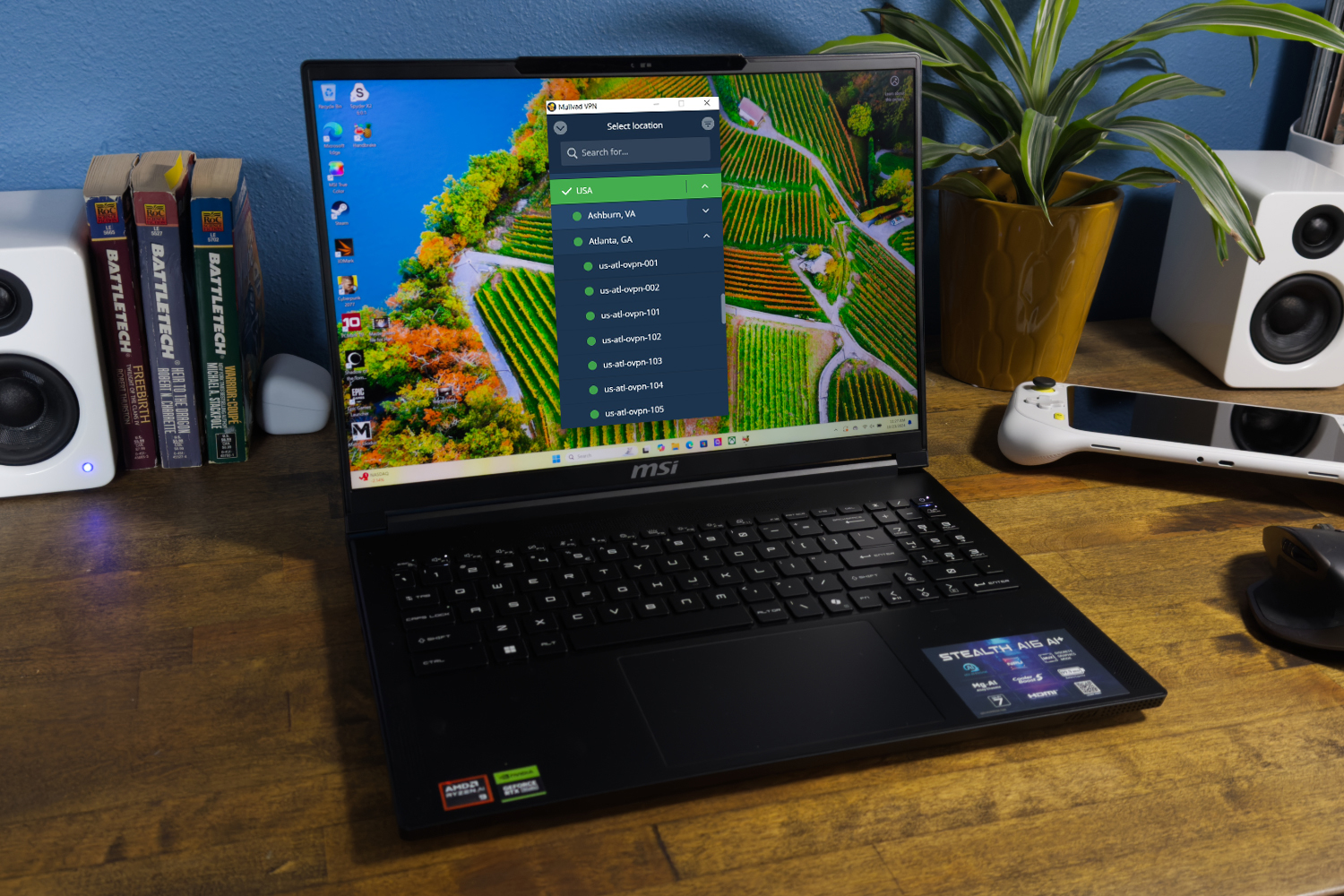
Pros
- Good speeds
- Inexpensive monthly plan
- Unrivaled anonymity
- Open-source
Cons
- Struggles with unblocking streaming services
- Smaller server network
- Lacks some extra features that other VPNs offer
Who should use Mullvad?
Mullvad is the undisputed king of privacy and anonymity. I’ve never seen another VPN that actively resists knowing who you are the way Mullvad does. Mullvad doesn’t ask for your email address, name, or anything else. Instead it assigns a random account number that acts as your identifier and login. The service accepts payments using standard methods such as credit cards and PayPal, but you can also mail your payment in cash to remain as private as possible. Mullvad has a no-logging policy and doesn’t collect any identifying metadata from your usage.
The name of the game with Mullvad is privacy. Don’t get me wrong, it’s a more than capable VPN for any user. But the ultra-privacy conscious will find the most to like in its anonymized payment system, commitment to not collecting metadata, and strong privacy promises.
Mullvad: Further considerations
Mullvad is also fast, ranking among our top five for speeds, and offers a standardized fee across all plan lengths. While this makes it very affordable month-to-month, it does lose value compared to other top VPNs that significantly reduce their prices in the long-term.
I also found some hiccups when trying to access streaming services, so users who want their VPN to bypass location-restricted content may want to take that into consideration before subscribing.
Hotspot Shield – Fastest VPN
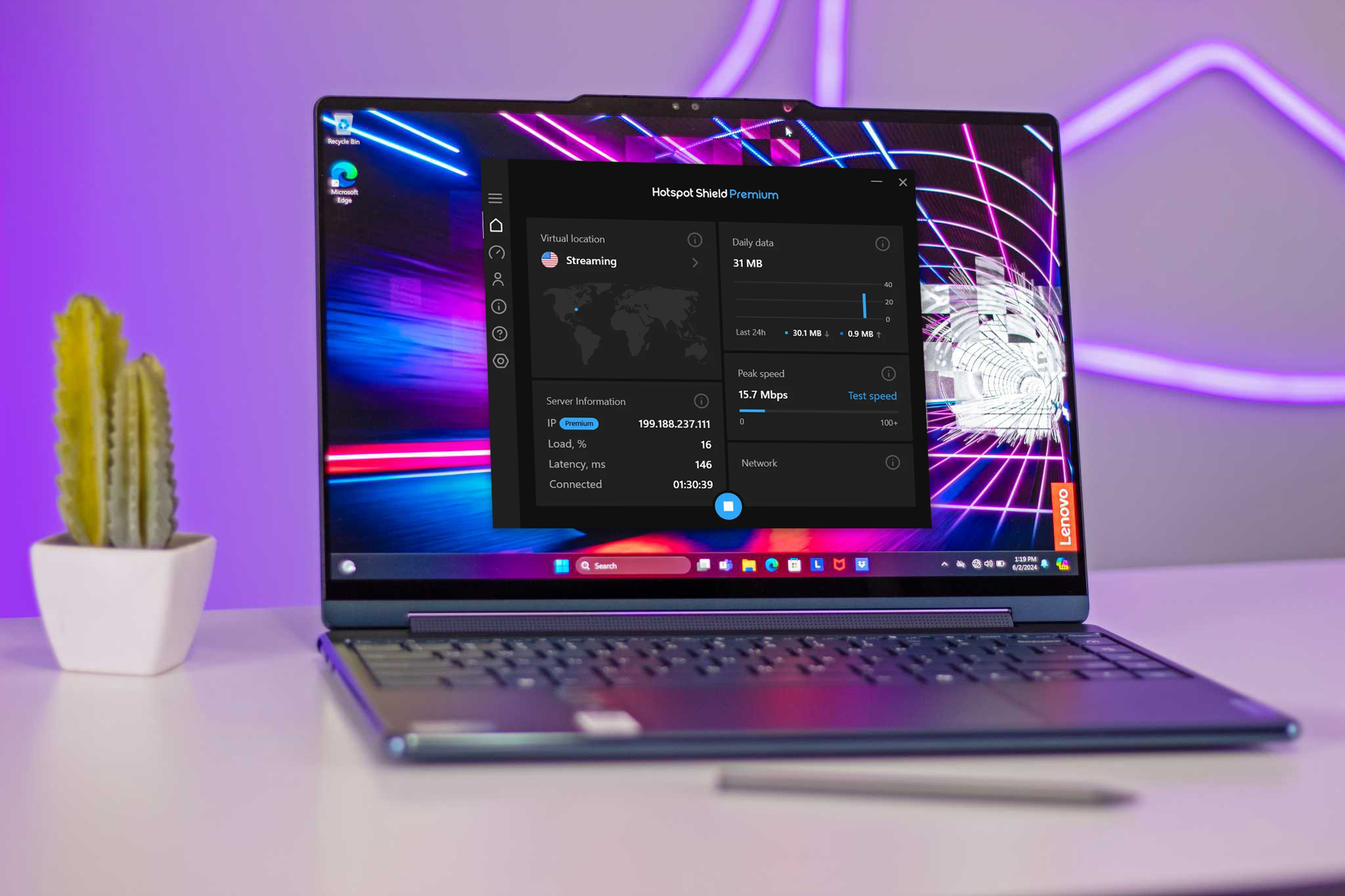
Pros
- Very fast
- Large country selection and plenty of servers
Cons
- Domain visits are recorded, though not tied to you
- Expensive
Who should use Hotspot Shield?
Hotspot Shield is for those looking to maintain the fastest connection possible with the minimum loss of base speed. While other top picks on this list boast above-average speeds, Hotspot Shield is on another level. No other service (beyond NordVPN) comes close to hitting the speeds I’ve seen with Hotspot Shield. This isn’t just a one-off occurrence either; Hotspot Shield has consistently been at the top with speeds that are 12 to 15 percentage points above the competition. In my tests, Hotspot Shield maintained around 66 percent of the base speed. That’s substantially faster than you’ll see with most VPN services — with the obvious caveat that your experience may vary on a number of outside factors.
Regardless, it is still one of the best around if connection speed is your main concern. I also found that it can access location-restricted content on most major streaming services. This, combined with its excellent speeds, makes it a good option if you mainly use a VPN to access streaming content.
Hotspot Shield: Further considerations
Hotspot Shield comes with a smaller feature set that some of the other top VPNs and its privacy policy may not sit well with some. It has also unfortunately never undergone an independent audit so those who are concerned with privacy, may want to look elsewhere.
Also, while Hotspot Shield in the past was far and away the fastest VPN on the market, in recent years other services have been catching up. It’s worth it to weigh how much speed means to you before committing to the service. If you’re unsure then I recommend trying out the free version to take it for a spin.
CyberGhost – Best VPN for travelers
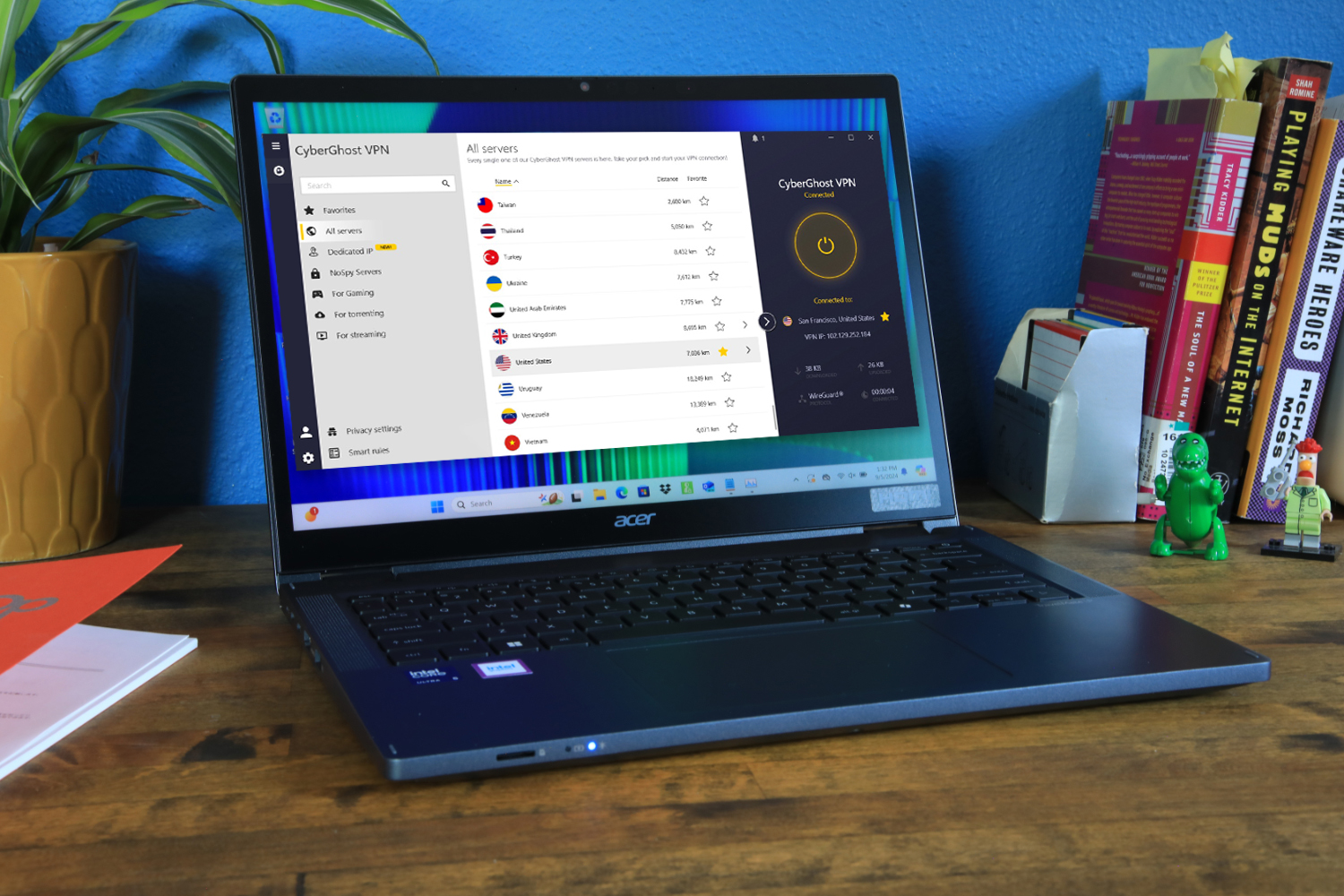
Pros
- Independently verified no-log policy
- Seriously impressive server spread
- Generous 45-day money-back guarantee
Cons
- Server speeds can be hit-or-miss
- Lacks some extra security features offered by competitors
Who should use CyberGhost?
If you travel frequently then you want variety and wide coverage in the server locations from your VPN. CyberGhost provides both by offering a staggering 9,000+ servers for users to connect to, which is more than twice as many as most other VPNs on this list. Unlike some competitors, these servers aren’t all concentrated in the U.S. or Europe, either. The server spread totals 120+ countries all across the world. The service even recommends optimized servers to users for various needs such as gaming, streaming, and torrenting.
Due to its plethora of servers and locations, CyberGhost is one of the best options for finding a server no matter where you are in the world. For those who travel a lot or just need access to a diverse and vast server spread, CyberGhost is definitely worth consideration.
CyberGhost: Further considerations
CyberGhost also has a well-designed Windows app that is intuitive and easy to use, even when tweaking settings. It lacks some of the power-user features that other VPNs on this list provide such as multi-hop and IP rotation, but that shouldn’t be a deal breaker for the average user.
In my testing I found that some of the servers were faster than others, with servers located in Europe having excellent speeds and servers in Asia not fairing as well. But overall, the speeds are good enough to do most of what you want to do with a VPN — web browsing, streaming, etc.
Other VPNs we liked
While we believe that the above VPNs are currently the best money can buy, there are a few other noteworthy services that deserve attention: PrivadoVPN is a strong overall service, but the free version of the VPN really stands out and is second only to Proton VPN. Windscribe Pro offers great security, with both a Windows client and browser extension that work in tandem to block ads while keeping your browsing private and its free version is a good option for everyday activities. Hide.me is a well-rounded service that ticks almost every box and the fantastic array of configurable settings make it a power-user’s dream. U.S.-based IPVanish nails all of the basics: good speeds, a large server network, and privacy promises backed up with independent audits. TunnelBear is an undeniably charming VPN that is extremely easy to use, and doesn’t overwhelm with too many features or country options, which makes it ideal for VPN novices or those who aren’t the most tech-savvy.
I’m continuously evaluating new VPNs and reevaluating services I’ve already tested on a regular basis, so be sure to come back for more recommendations and to see what else we’ve put through their paces.
Can I get a better VPN deal?
Here at PCWorld, we are regularly hunting down the best VPN deals to help you get the most bang for your buck. VPN services are frequently running deals throughout the year, so you should have a few chances to snag your favorite VPN on a steep discount if you can time it right.
While the prices for all VPNs on this list are updated daily, they do not account for special deals or offers. It’s best to keep checking our deals article to see what new limited-time discounts are on offer each week. Additionally, sales events such as Amazon Prime Day in mid-July and Black Friday at the end of November provide excellent opportunities to find even cheaper VPN deals.
How we test VPNs
We judge VPNs on a variety of criteria including server network, connection speeds, privacy protections, ease-of-use, additional features, and cost. For a more detailed guide on our evaluation process, check out PCWorld’s comprehensive guide on how we test VPN services.
Speed tests are kept as simple as possible. We average the connections between different global locations for any given VPN and then compare them to our baseline internet speed to get a good picture of the overall connection speeds.
We thoroughly research and analyze the privacy policies and histories of each VPN and note any outstanding discrepancies or data collection issues. Experience and ease-of-use are subjective, but we try our best to give an accurate representation of how it feels to work with the VPN. And finally, we compare the value of the service based upon its price and additional features to the industry average to help you gain an accurate picture of what you’ll get for your money.
Why you should trust PCWorld for VPN reviews and buying advice
Here at PCWorld we’ve been testing computer hardware, software, and services since the 1980s. As reviewers and users of PC hardware and software, we put every product through its paces using rigorous benchmarking and hands-on evaluation. We’d never recommend something we wouldn’t want for ourselves.
Who curated this article?
Sam Singleton is PCWorld’s VPN beat reporter and jack of all trades. When he’s not on the hunt for the best computer deals he’s covering VPNs, productivity software, laptops, and a wide gamut of consumer-grade hardware and software.
How to choose the best VPN
One of the first things you should look for when shopping around for a VPN is the number of servers and locations. It’s difficult to judge any VPN by just one feature, but a semi-reliable way to tell if a VPN is even worth your time is to look at the server network. Anything with 1,000 or more servers and 30 or more country locations will do.
Speed
The next thing to consider is a VPN’s speed. This may be tricky to do since you aren’t likely to be able to test connection speeds without paying to use the service. Reading reviews online will give you a general estimate. Look for reviews, like ours, that give you a relative average of connection speeds rather than direct Mbps speed comparisons, for a more accurate picture.
Privacy
You’ll also want to read up on a VPN’s privacy protections. Does it have a no-logs policy? Has it undergone any independent audits of its servers? Where is the VPN company located? All of these will give you an idea of whether or not a VPN is transparent with its data collection policies and if it’s subject to government data sharing requirements.
Price
As with all subscription services, you’ll want to review the price of a VPN service. Do you want a monthly or yearly subscription? Some top VPNs might be pricey month-to-month, but actually become quite affordable with long-term plans.
Additional features
Other factors you’ll want to take into consideration are the overall ease-of-use, user experience, and any additional features. Some of these features, such as split-tunneling and kill switches, can be extremely useful for certain purposes and might sway your subscription decision one way or the other.
FAQ
What is the best VPN?
NordVPN is our pick for the best VPN. Not only does it have the fastest speeds and a large server network, but it’s also the most full-featured VPN on the market. There is currently no other VPN on the market that provides as much value or as extensive a feature-set as NordVPN and that’s why it’s our top pick.
What is the best cheap VPN?
Surfshark is our pick for the best cheap VPN. Not only does it provide great speeds, but it also comes with a robust feature and excellent privacy credentials. If you opt for a long-term plan, Surfshark offers all of this for pennies on the dollar compared to many other VPNs. In terms of budget-friendly services, Surfshark simply can’t be beat.
What is a VPN?
VPNs create a secure tunnel between your PC and the internet. When you connect to a VPN your web traffic is routed through the chosen VPN server to make it appear as though you’re browsing from that server’s location, and not from your actual location. The VPN app will also encrypt your data so that any third parties such as your ISP can’t see your specific online activities. A VPN can be a great response to a variety of concerns, such as online privacy, anonymity, greater security on public Wi-Fi, and, of course, spoofing locations.
Can I be tracked with a VPN?
While VPNs certainly offer you better privacy and security, they don’t make you completely anonymous nor keep you from being tracked entirely. A VPN will keep your ISP from seeing your traffic, but there are a mindboggling number of ways that other companies or sites track you across the internet. For example, when you sign into a website, your identity is still revealed to that website, VPN or not. Or when you log into your Gmail account while using a VPN, Google can now collect personalized cookies based on your browsing.
Will a VPN protect me on public Wi-Fi?
Yes, a VPN can help protect you when using public Wi-Fi by encrypting your data and masking your IP address. This makes it much more difficult for hackers to hijack your online traffic and steal sensitive information like passwords or credit card details. Public Wi-Fi is often vulnerable to man-in-the-middle attacks, where hackers intercept your data en route to the server. A VPN can protect against this by encrypting the connection, thereby making your data unreadable and all but useless to any potential snooping third parties.
It’s worth noting however that VPNs can only protect you from certain threats and it won’t make your device or traffic completely secure. It’s always good practice to use strong passwords, enable extra layers of security such as two-factor authentication, and regularly update your apps and devices to patch any vulnerabilities.
Will a VPN slow down my internet?
Most likely you will see a moderate speed decrease to your internet while using a VPN. This is mainly due to the process of your internet traffic being rerouted and encrypted through a VPN server before heading on to its destination. The amount of latency you will experience through this process is down to what country’s server you choose to route your traffic through. If you choose a server located on the other side of the world, then you will generally notice a much greater hit than if you were to connect to a server nearby in your same country.
Thankfully, most modern VPNs should have the infrastructure to maintain high-speed, secure data transfer rates. So it’s likely you can still browse and stream without much of a noticeable impact while using a reliable VPN like those on this list.
Related content
- PCWorld software reviews
- Should you use a VPN browser extension: What you gain, what you give up
- 9 things you realize when you first start using a VPN
- VPNs and the law: How often does law enforcement actually request VPN logs?
- 5 VPN features you need to start using today
- 14 VPN terms and features everyone should know
- Best VPN for streaming Netflix
- Fastest VPN
- Best free VPN
- Best VPN for Android
- Best free VPN for Android
- Best VPN for torrenting


















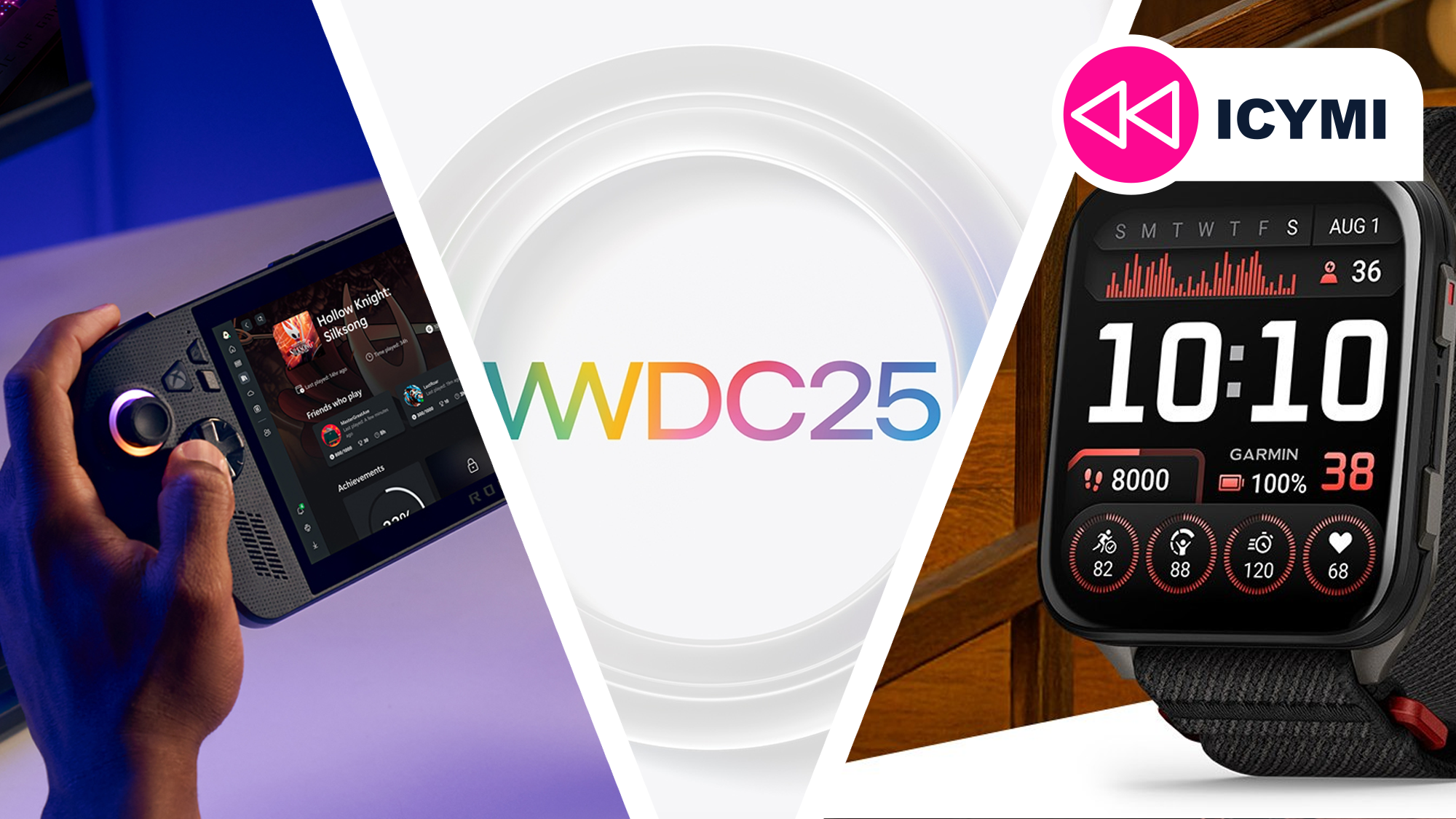

















































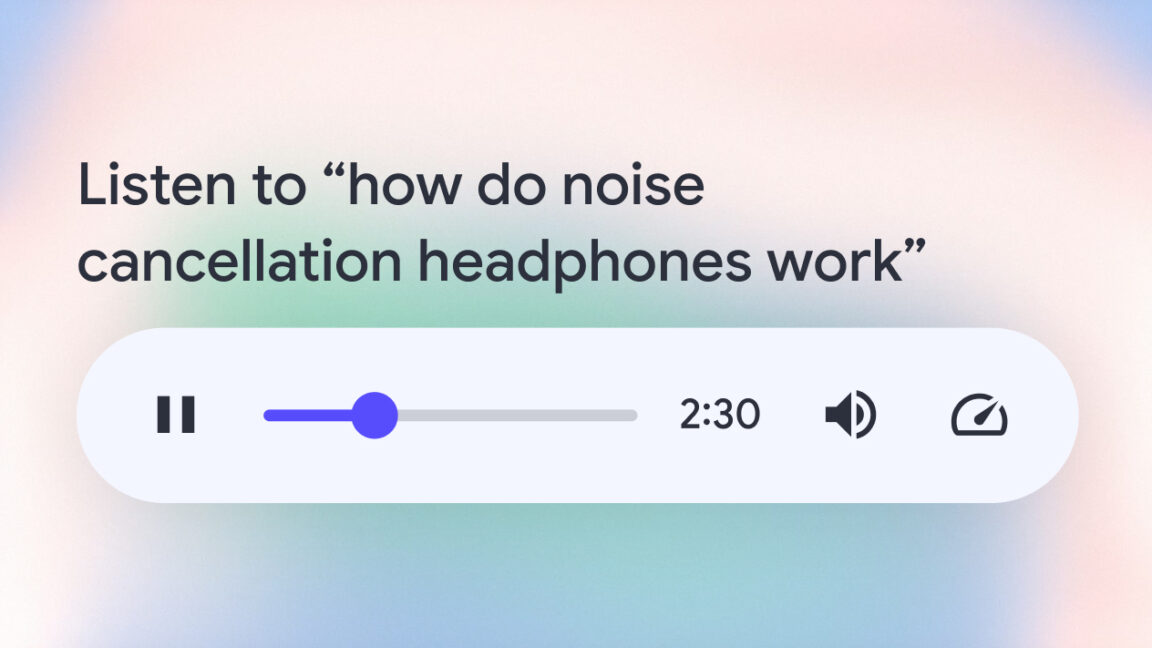








































































































![[The AI Show Episode 152]: ChatGPT Connectors, AI-Human Relationships, New AI Job Data, OpenAI Court-Ordered to Keep ChatGPT Logs & WPP’s Large Marketing Model](https://www.marketingaiinstitute.com/hubfs/ep%20152%20cover.png)








































































































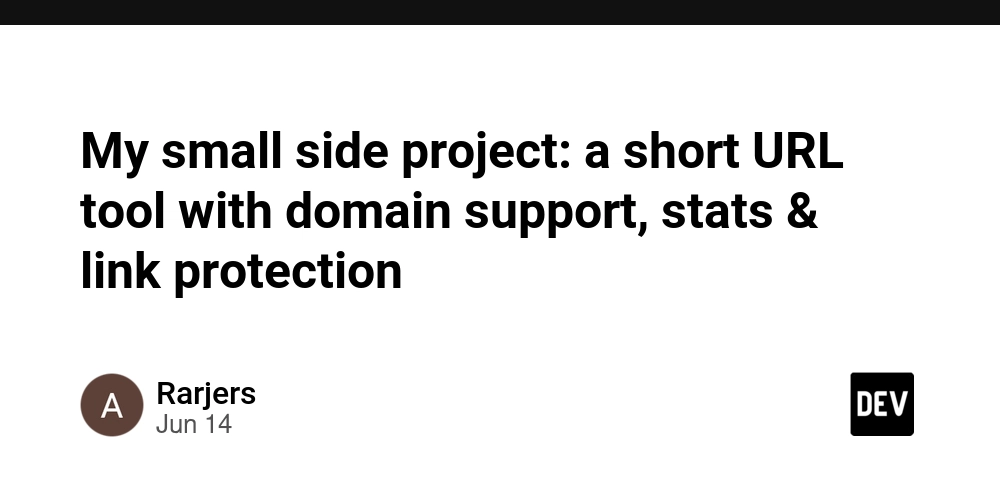











![[FREE EBOOKS] Natural Language Processing with Python, Microsoft 365 Copilot At Work & Four More Best Selling Titles](https://www.javacodegeeks.com/wp-content/uploads/2012/12/jcg-logo.jpg)






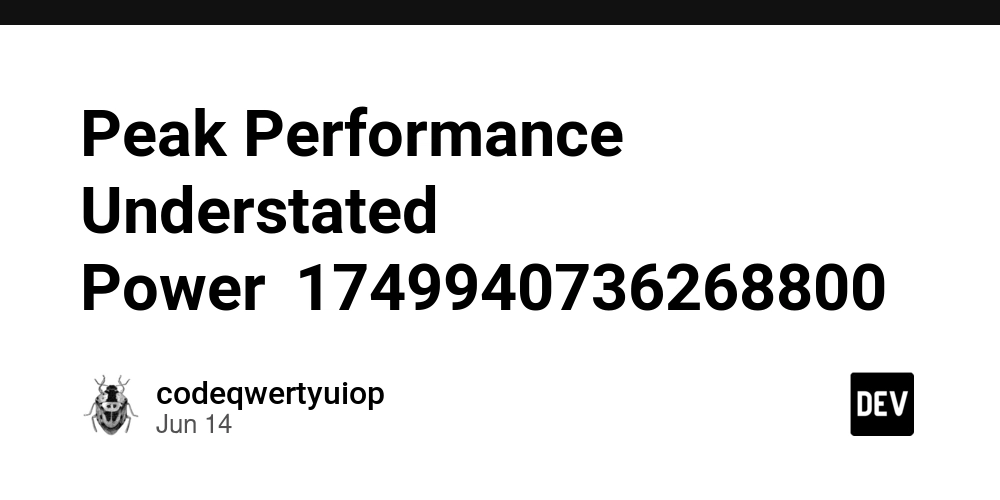







































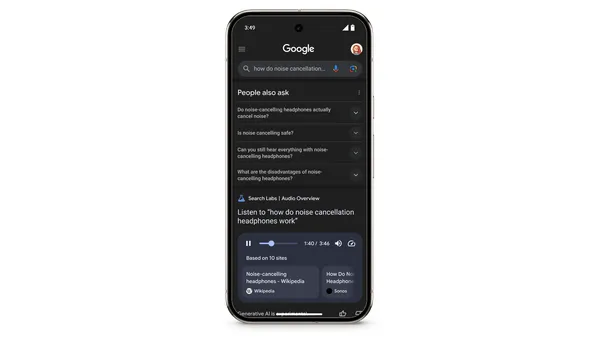
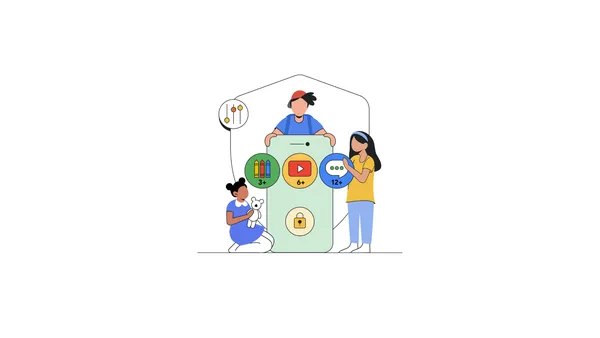






.jpg?width=1920&height=1920&fit=bounds&quality=70&format=jpg&auto=webp#)







































































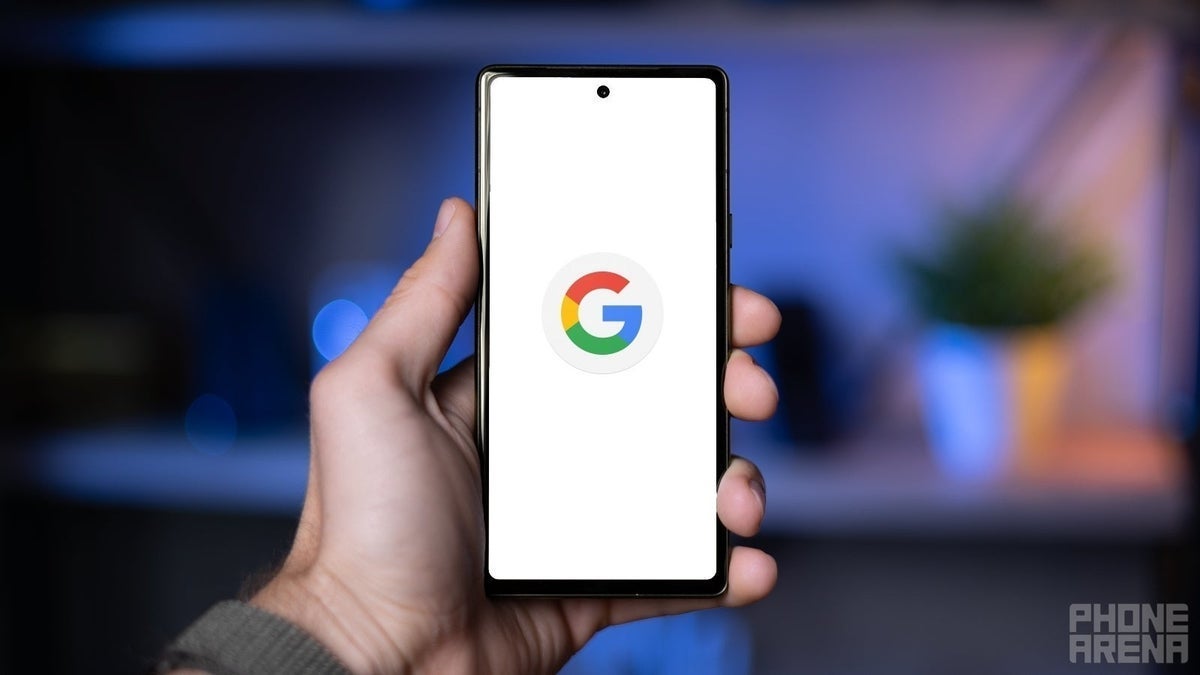
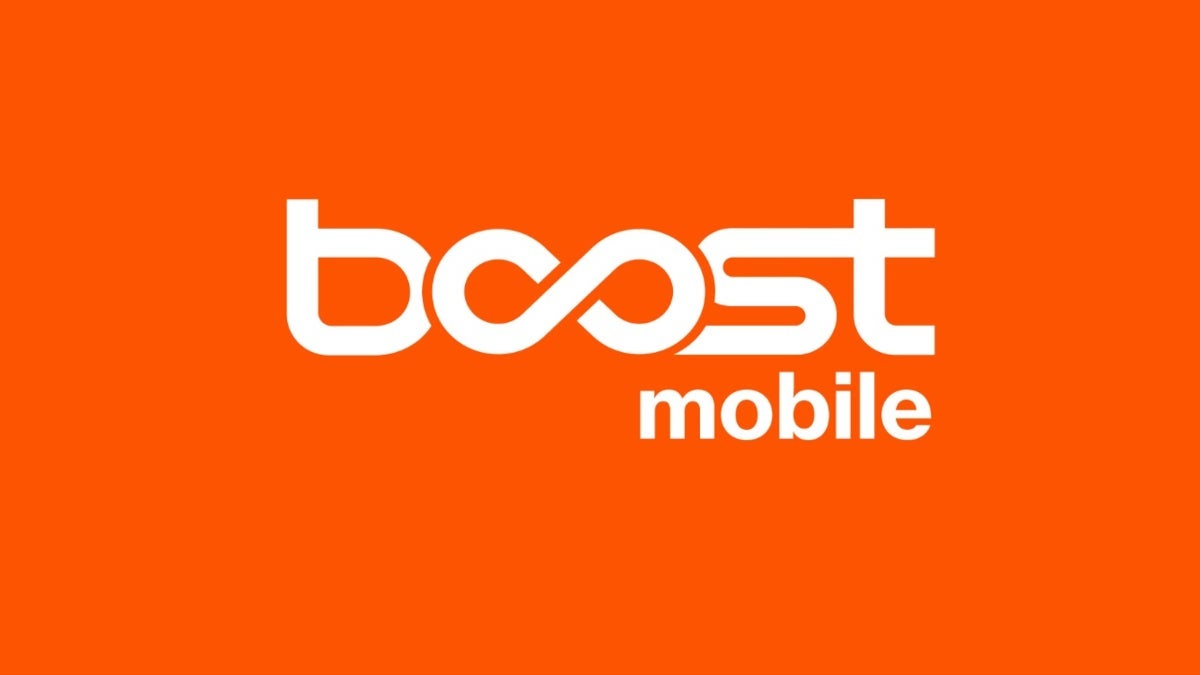
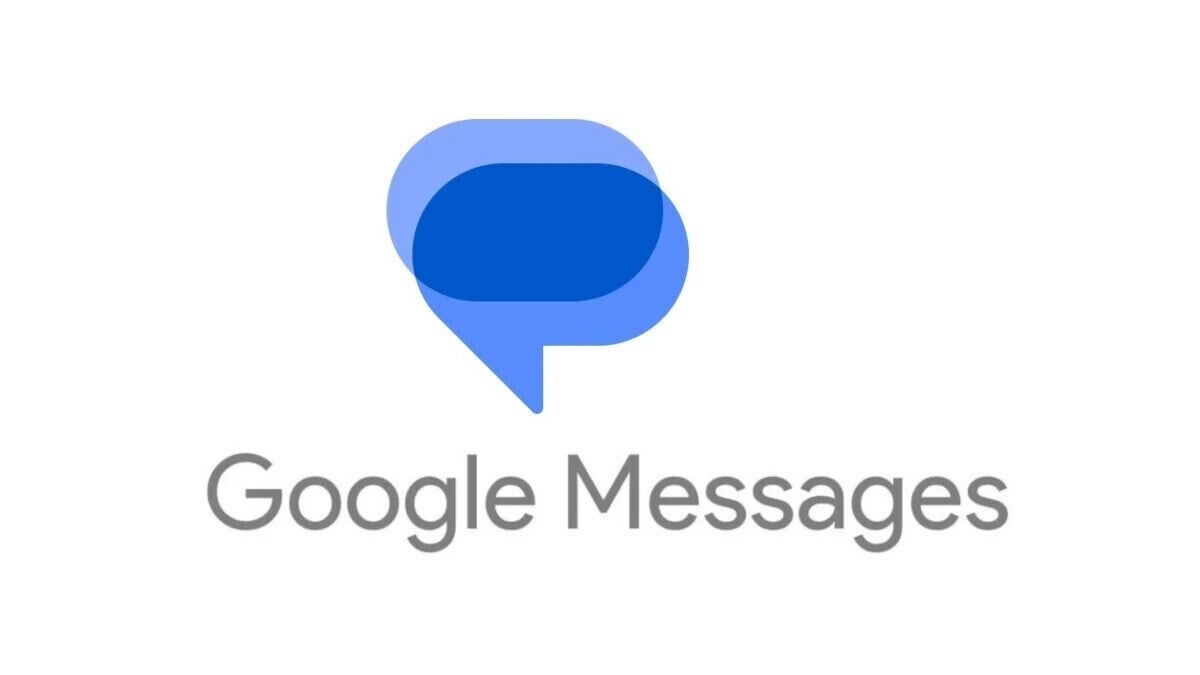
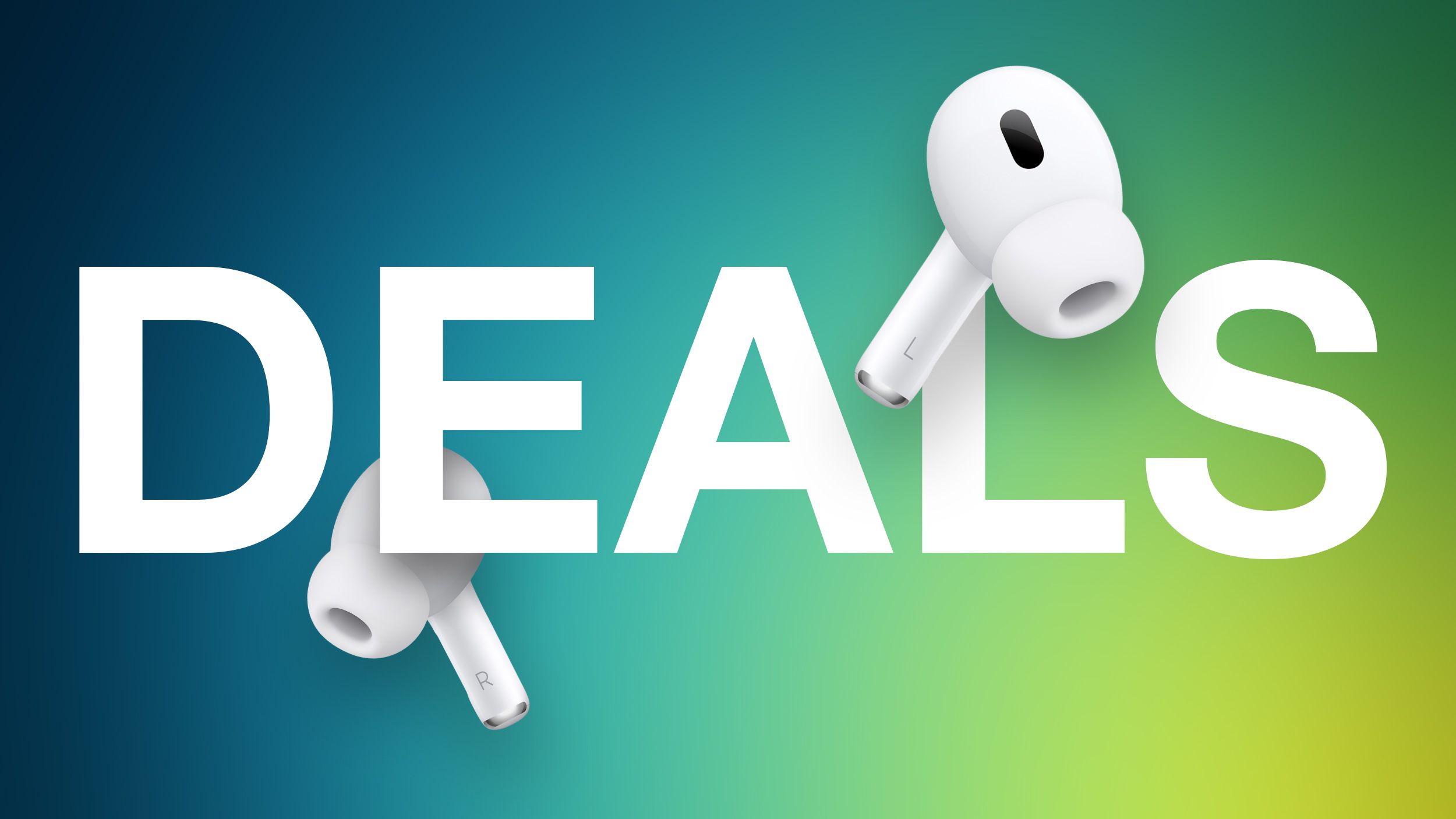









_Andreas_Prott_Alamy.jpg?width=1280&auto=webp&quality=80&disable=upscale#)
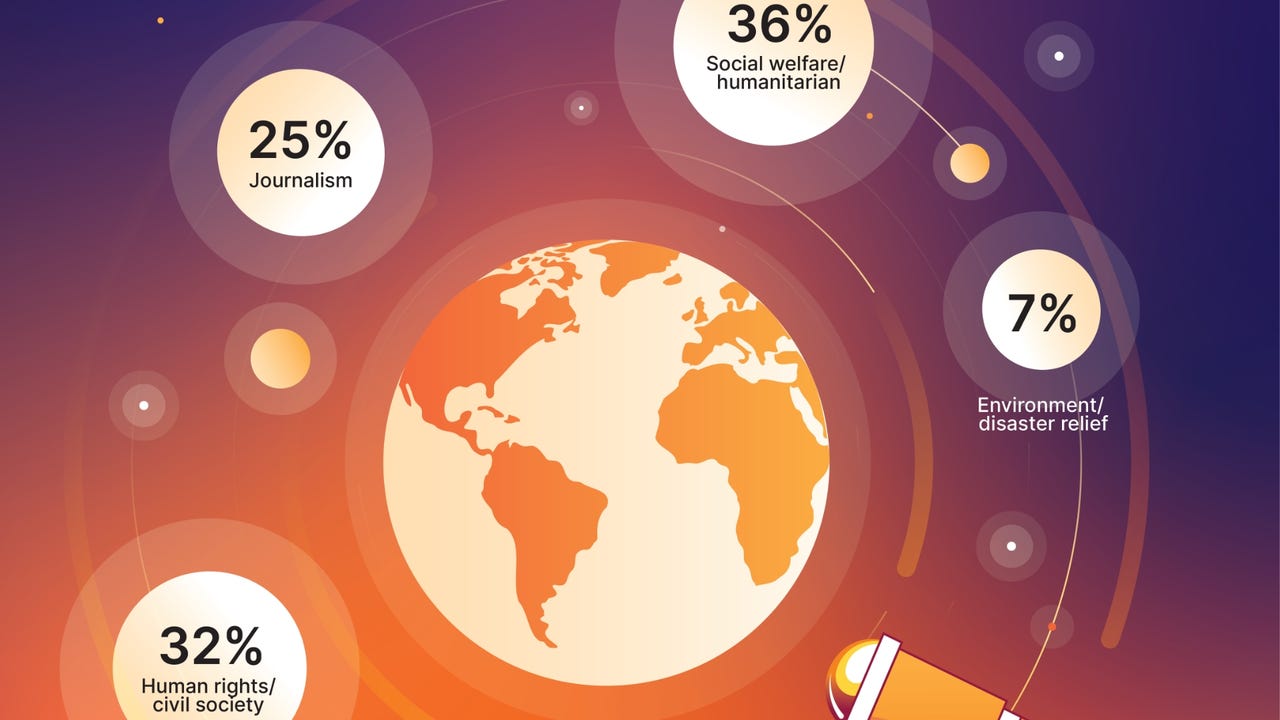
_designer491_Alamy.jpg?width=1280&auto=webp&quality=80&disable=upscale#)
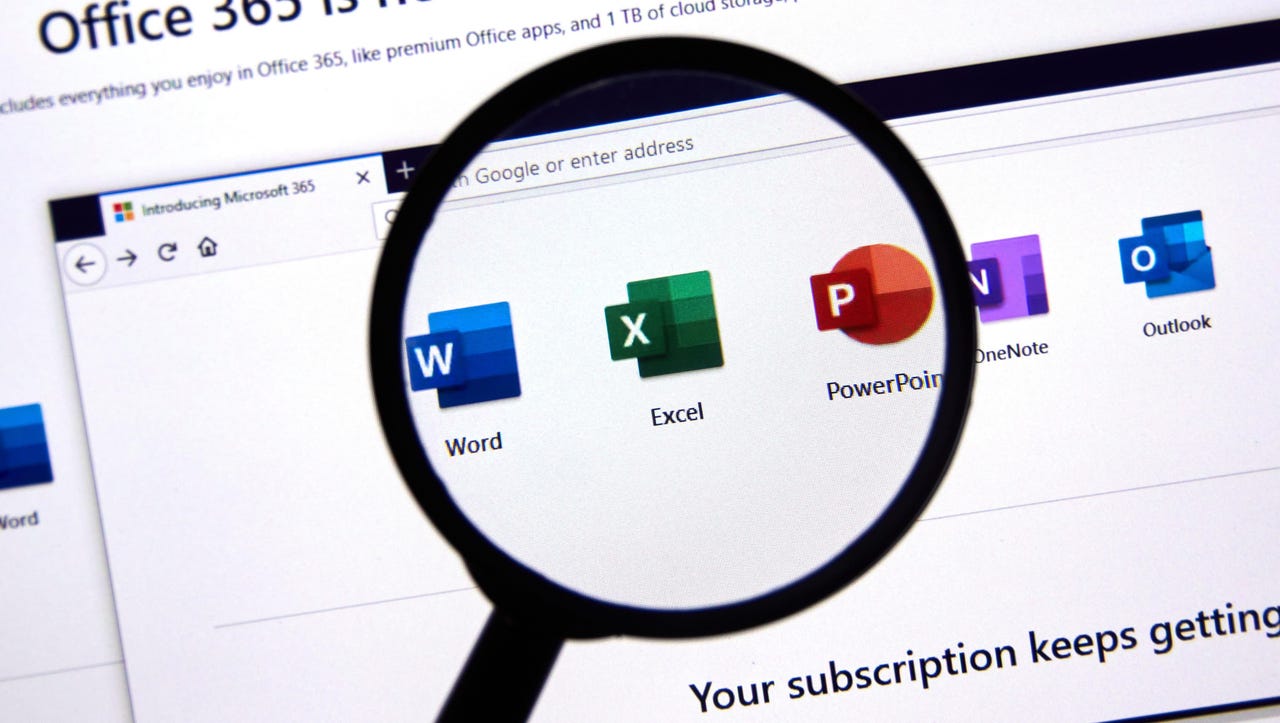
















































































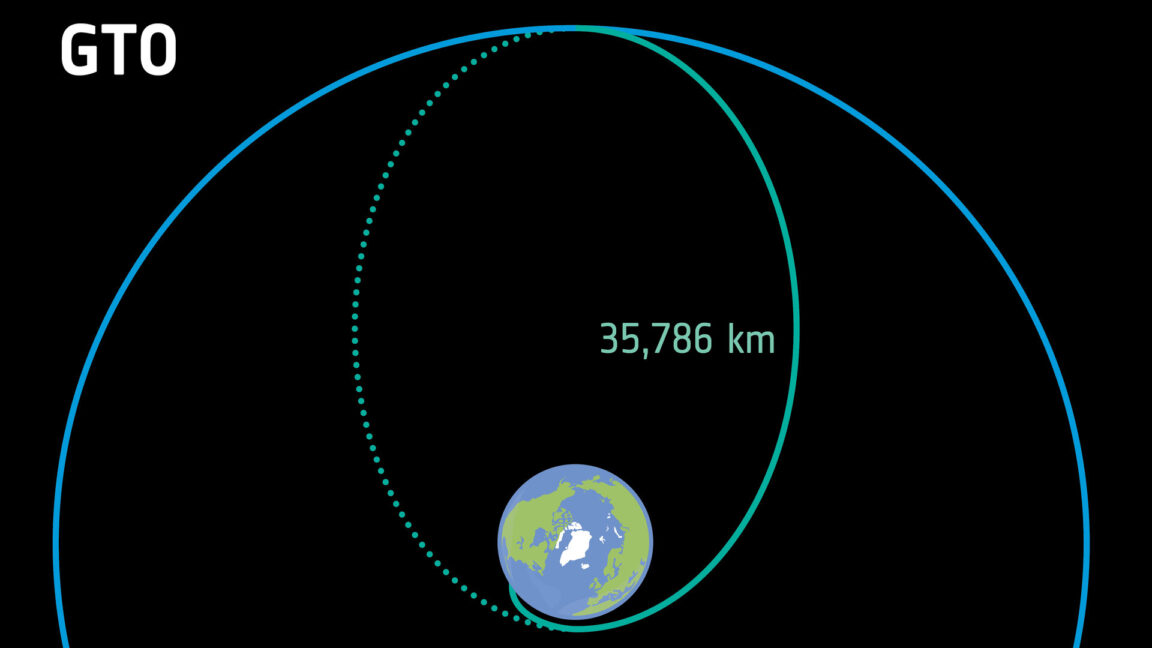

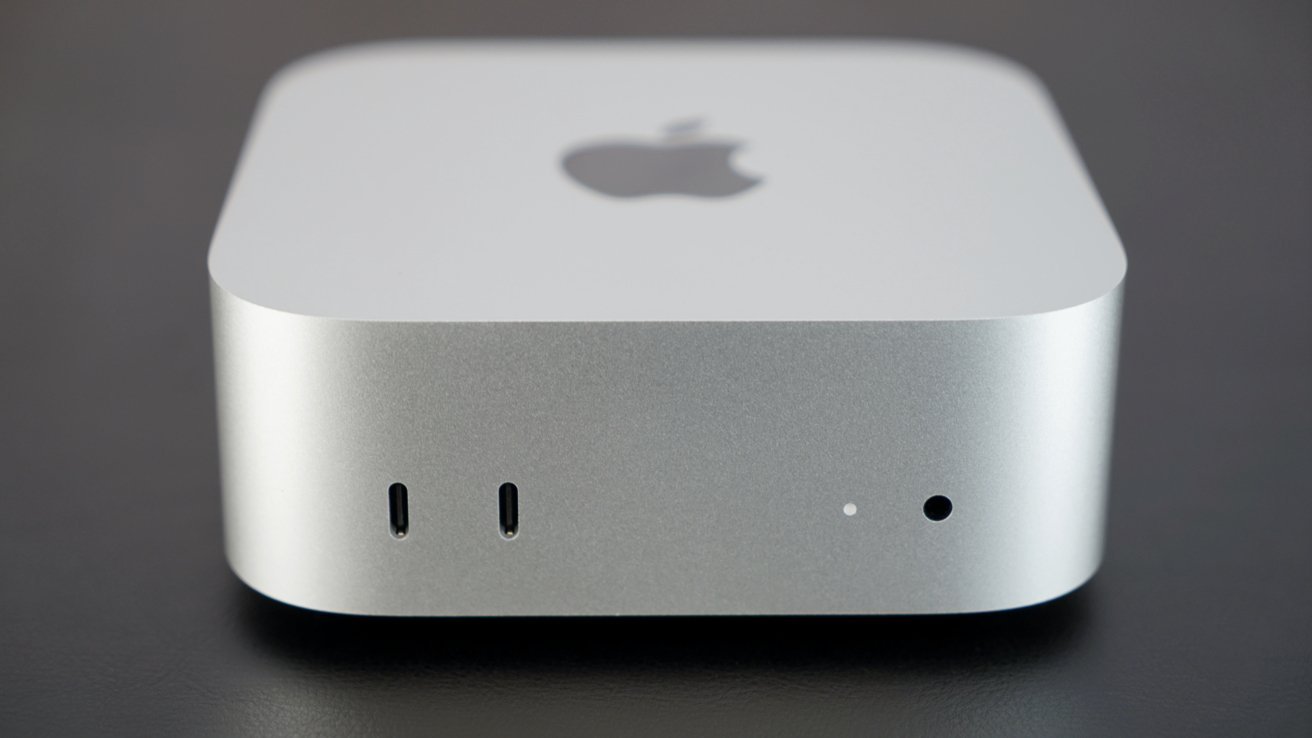
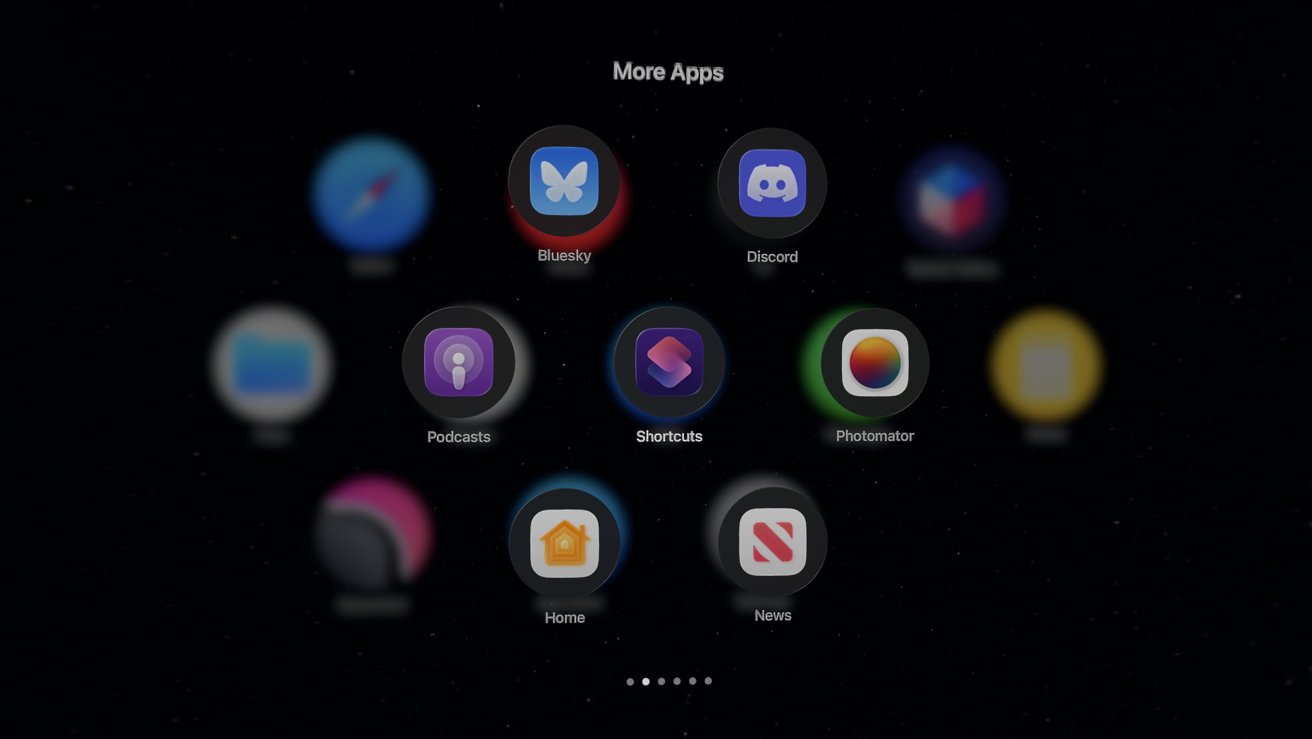

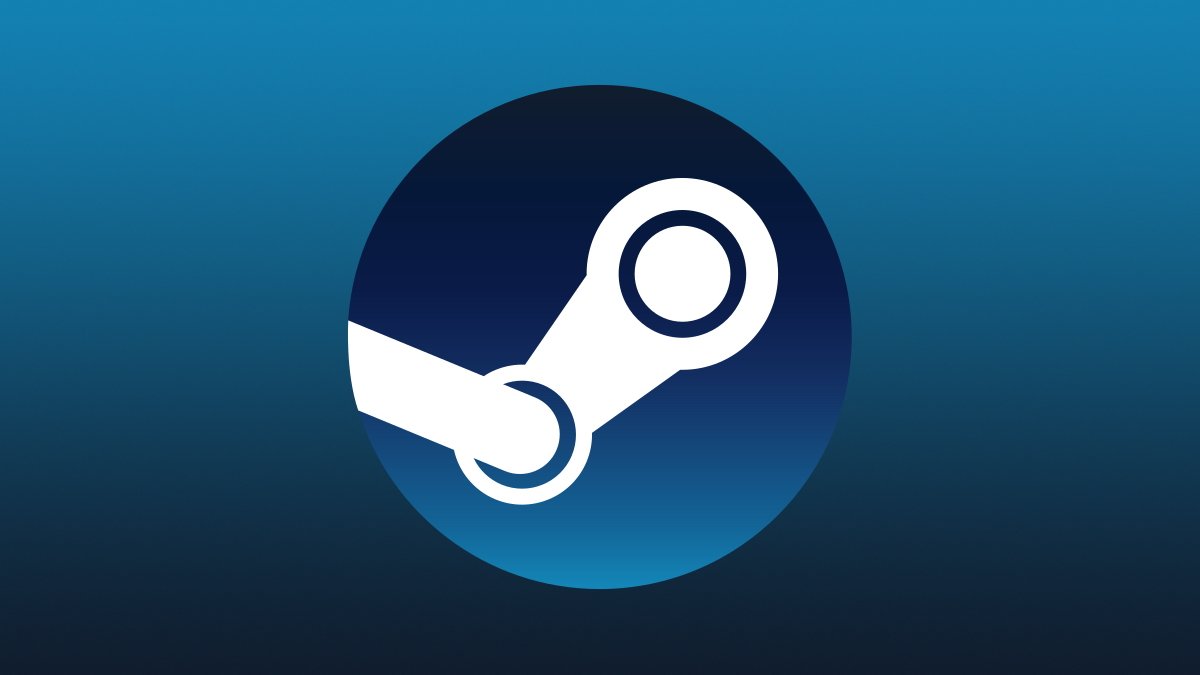


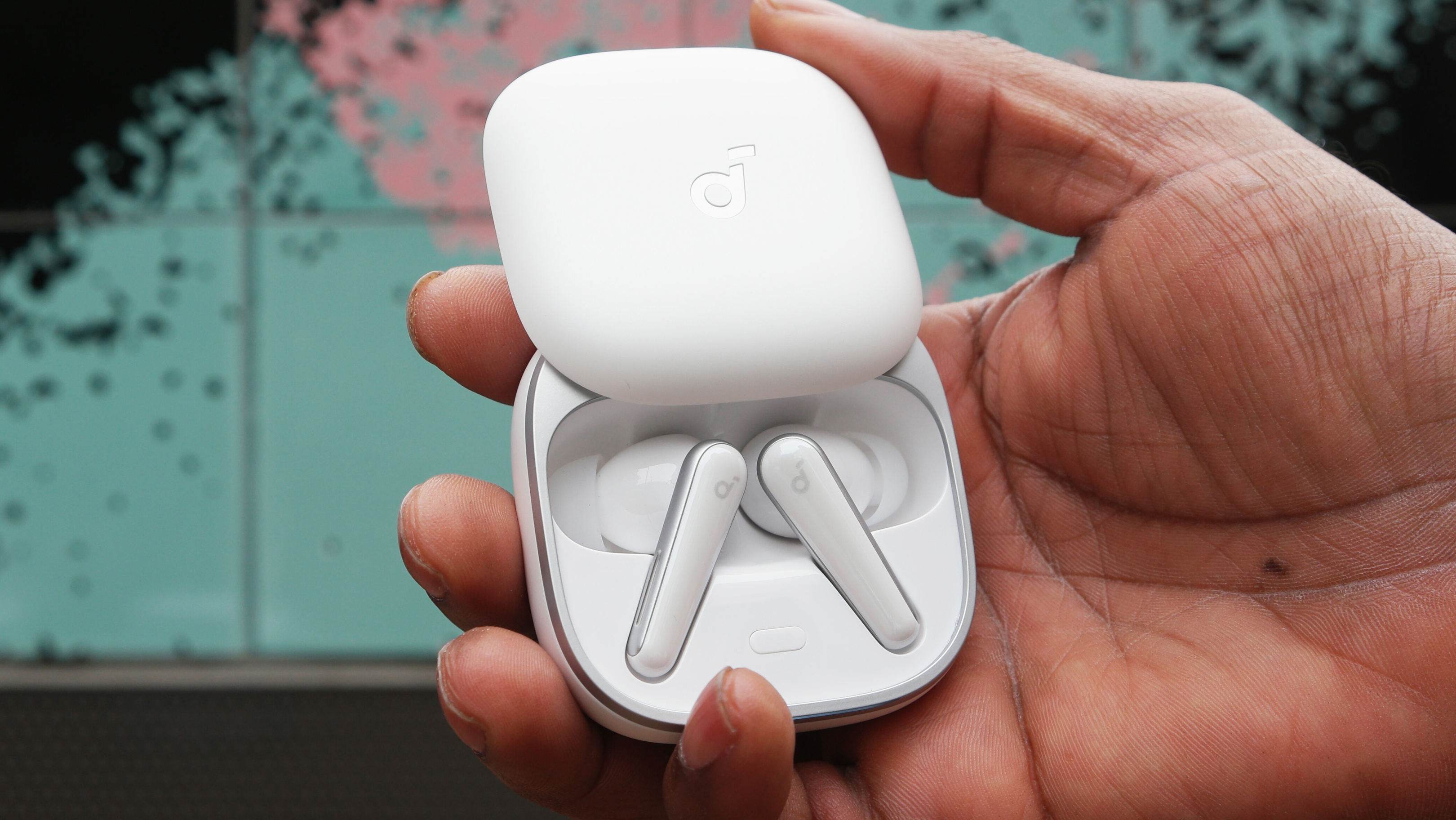
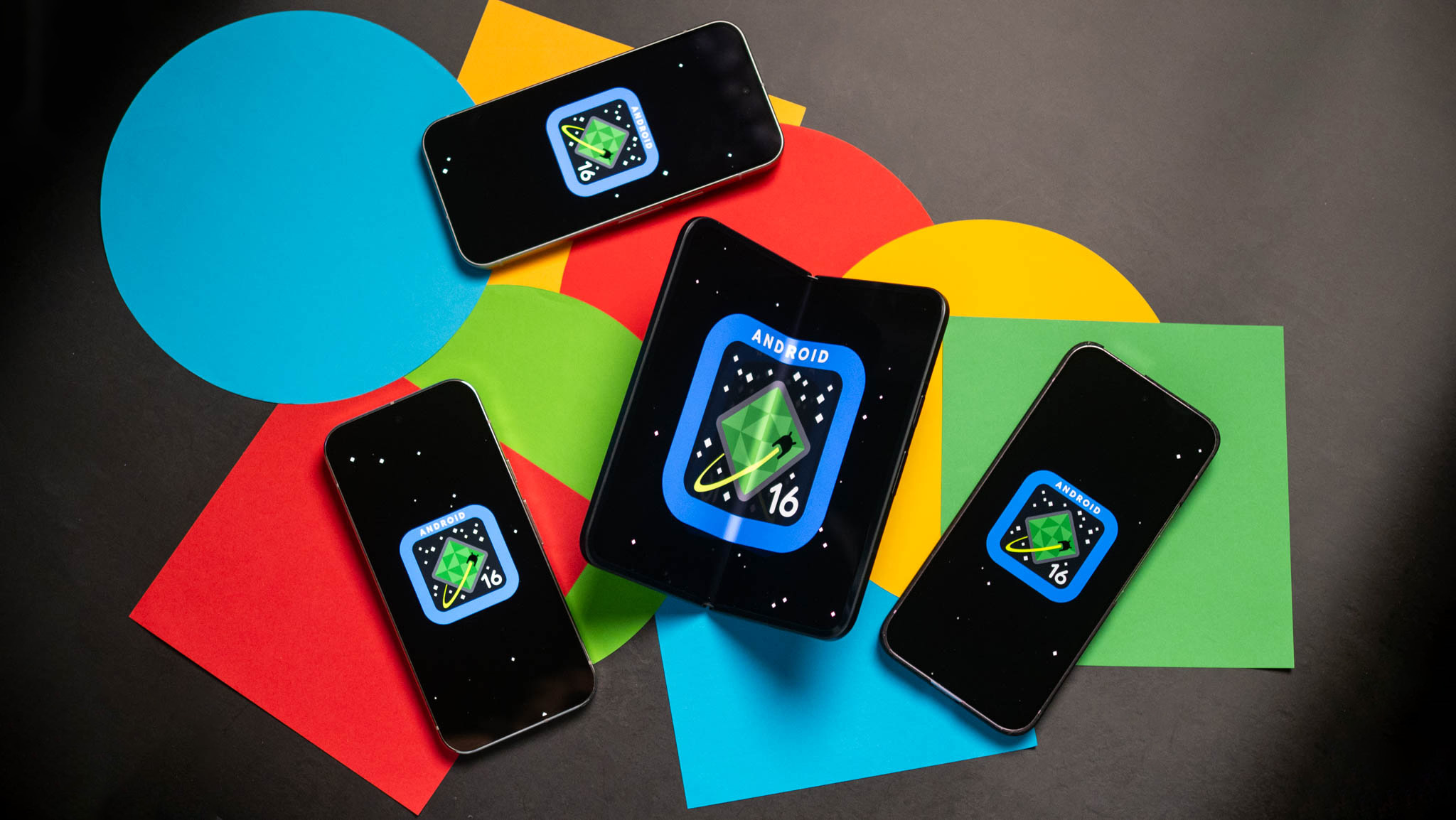


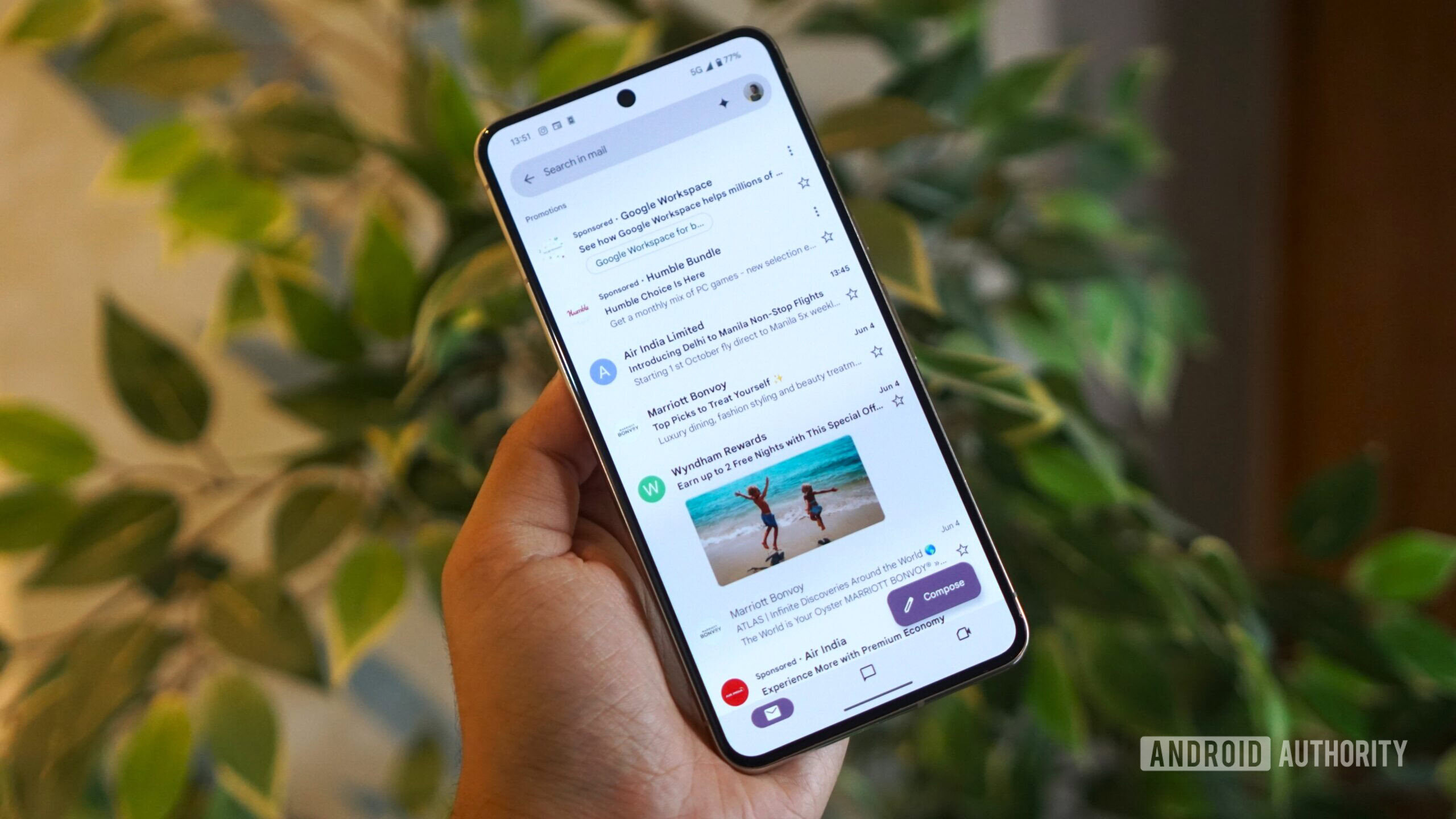
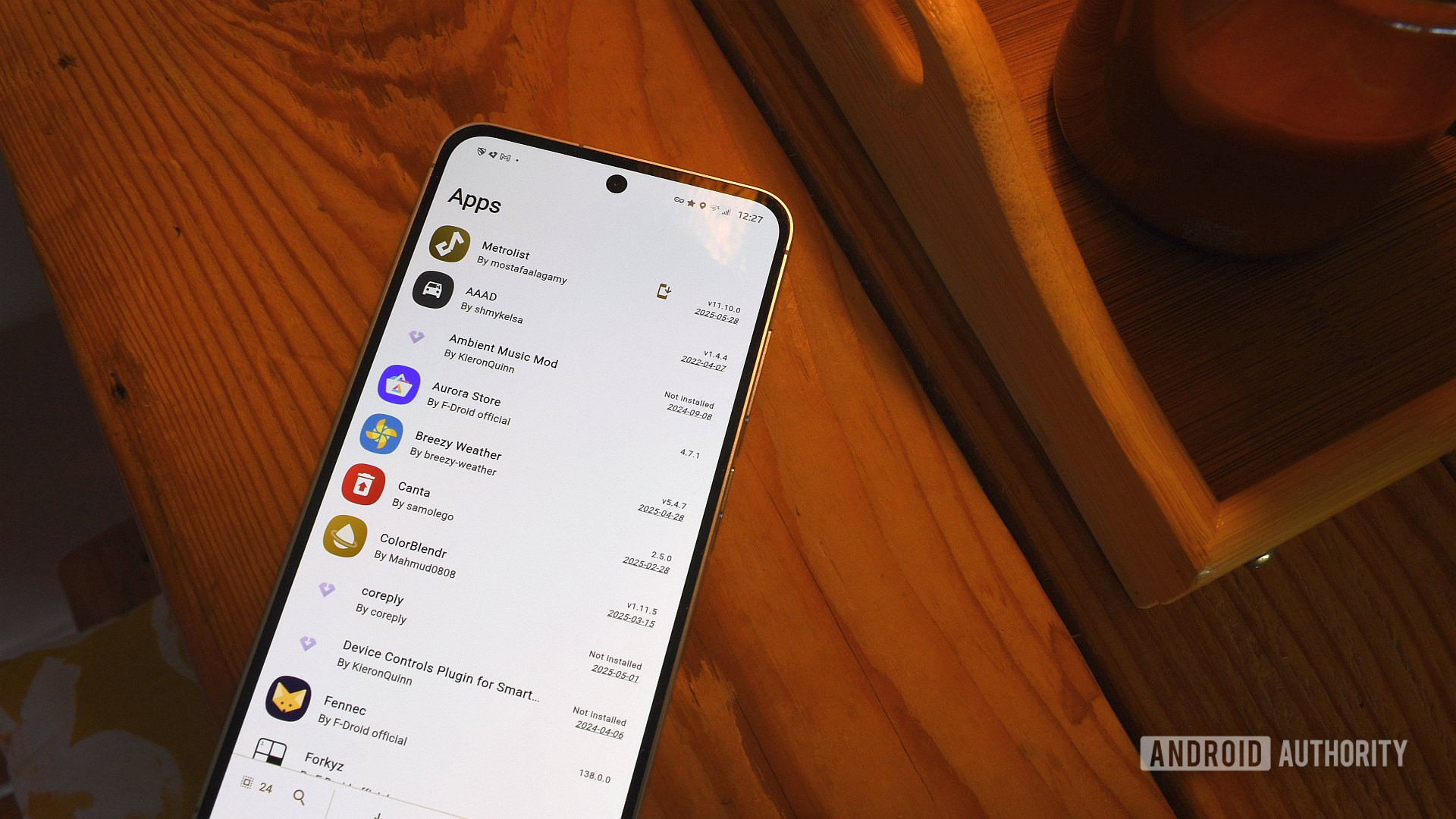




![Google Play Store not showing Android system app updates [U]](https://i0.wp.com/9to5google.com/wp-content/uploads/sites/4/2021/08/google-play-store-material-you.jpeg?resize=1200%2C628&quality=82&strip=all&ssl=1)














